But, a few impressions:
We got there by train - even our friend in Surabaya didn't know you could buy tickets online which you then print and redeem for the actual tickets at the station. The 5-hour ride to the nearest town (pickups are easily arranged through your hotel) cost a pittance, for a fairly good railway experience, as these things go.
Somehow I'd gotten the impression that you could walk inside it like a temple (this may be from pictures of the walkways on it, which, with carved walls on either side, could be mistaken if you are just viewing a photo as halls inside a temple), but it's actually a massive stupa.
A word of advice: don't follow the exit signs as they are posted. They lead you to some side exit that forces you to walk practically the whole way around the temple again through a neverending souvenir market that is absolutely not worth your time. Just go back the way you came.
The town itself is not nearly as unpleasant as a backpacker town with one major draw would normally be. For example, I loved the ruins at Hampi but I could take or leave the little town, which seemed mostly set up for foreigners. Borobudur has some of that, but outside of the aforementioned souvenir market from hell, the town itself is pleasantly devoid of souvenir shops and backpacker cafes. Mostly local eateries, and to get a cup of coffee we had to go to one of the fancier hotels. The only downside of it not being as fully set up for travelers as it could be is that there are several smaller temples on the outskirts of town (one of which is walkable) that you can visit in the afternoon after a sunrise trip to Borobudur. But hotels will try to set you up with a 200,000 rupiah horse carriage ride to do that - that's about $12 US, but still far more than you ought to be paying. We had to go hang out on the street and pick up one of those cycle carts for a fraction of the cost.
As these sorts of destinations go, though, I would say it's worth it. I wouldn't recommend skipping it thinking it'll be a let-down. It absolutely wasn't - even the very cliched 'sunrise visit' was absolutely lovely and absolutely worth it. Hotels will arrange to take you there on a scooter, where you enter through the Hotel Manohar and get a little flashlight for the walk up. There is a little coffee-and-pastry set-up in the waiting area before you can ascend that opens at 4:30am. You can bring your coffee and pastry up to the top - I watched the sunrise while drinking mine! (Take your trash with you of course).
I'd say, though, that I enjoyed the dawn light over the misty tropical landscape just as much as the actual stupa - it's Buddhist, in an very Indian style, and doesn't feel particularly Indonesian at all (the temples on the mountains near Surakarta/Solo feel much more attuned to local history and indigenous cultural aesthetics). It at times felt like a repeat of the many, many, many similar temples and sites I saw in India, Thailand, Laos and Myanmar.
A few more quick tips: you can buy postcards at the Manohar, and if you stay there you can get a discount on admission to the site. The Manohar also has a cafe where you can see Borobudur from a distance while drinking or eating - a great place to write those postcards. We didn't stay there though, because we're not rich (this was actually a 'we can't work anyway, so let's take a budget trip although technically we can't afford it right now' trip). An a smaller road off the main thoroughfare there is a guy who does satay on a long grill and it's excellent, and our hotel (Cempaka Villa) was great value for money with bathtub, hot water, Western toilet, wifi throughout and free breakfast, mostly Chinese-style food. In fact pretty much all of our Java accommodation with one exception was to a very high standard.
Enjoy!
Check out my other posts on our Java trip here (coming soon):
Surabaya
Borobudur
Prambanan
Surakarta (Solo)
Baluran National Park
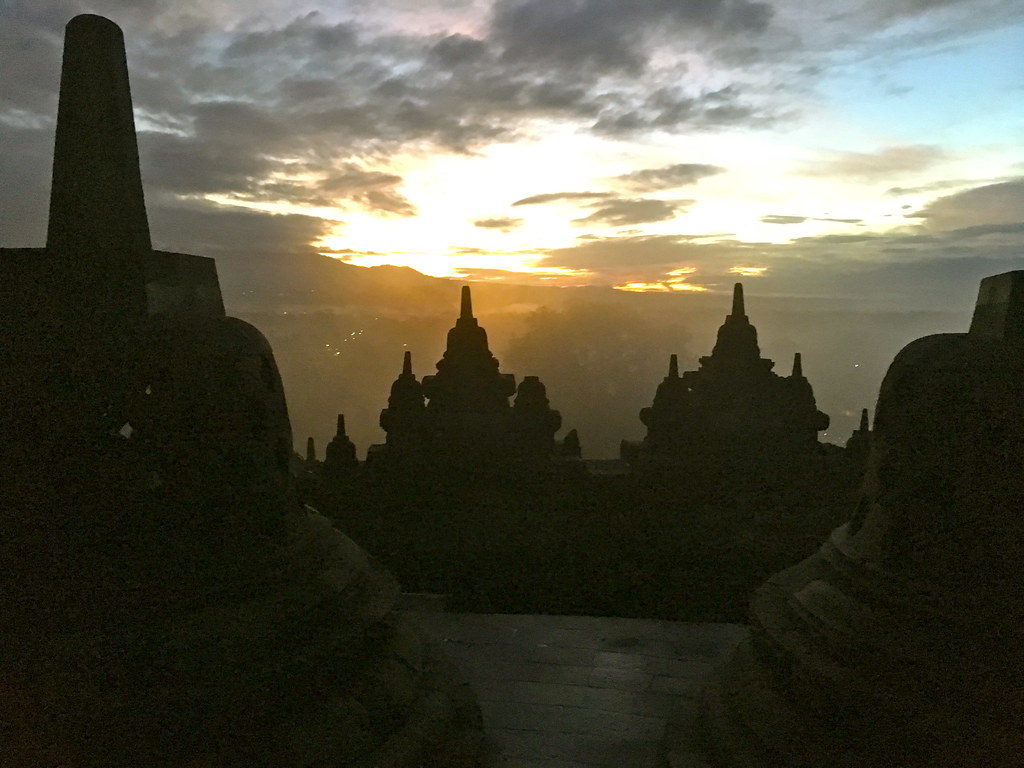
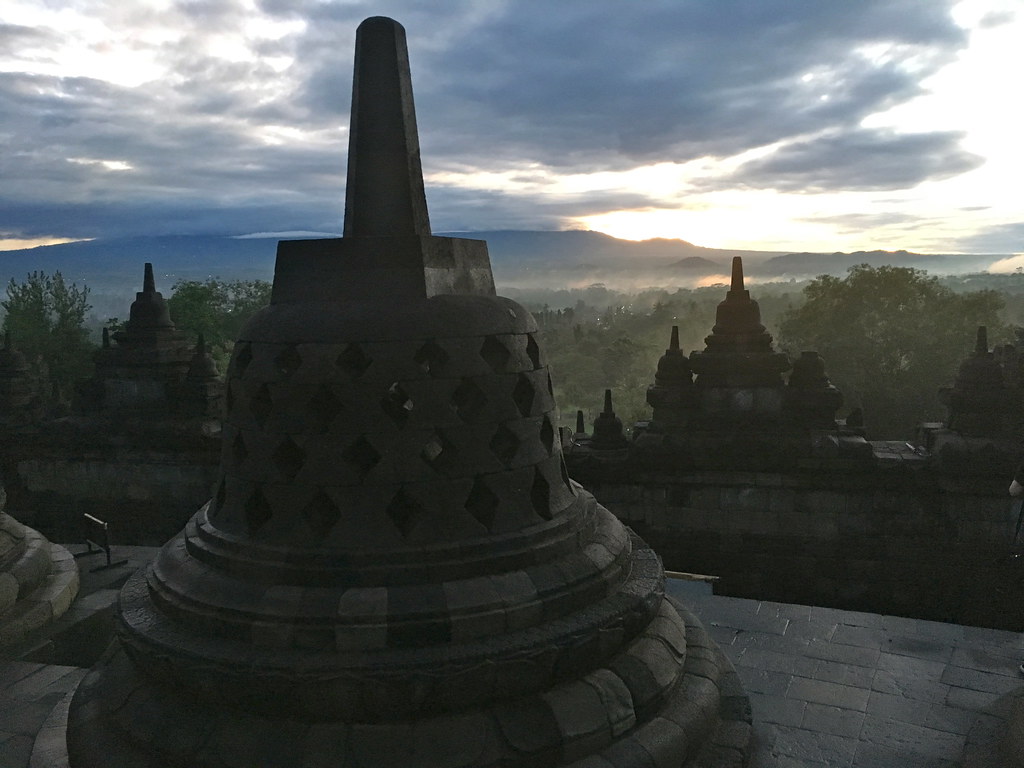
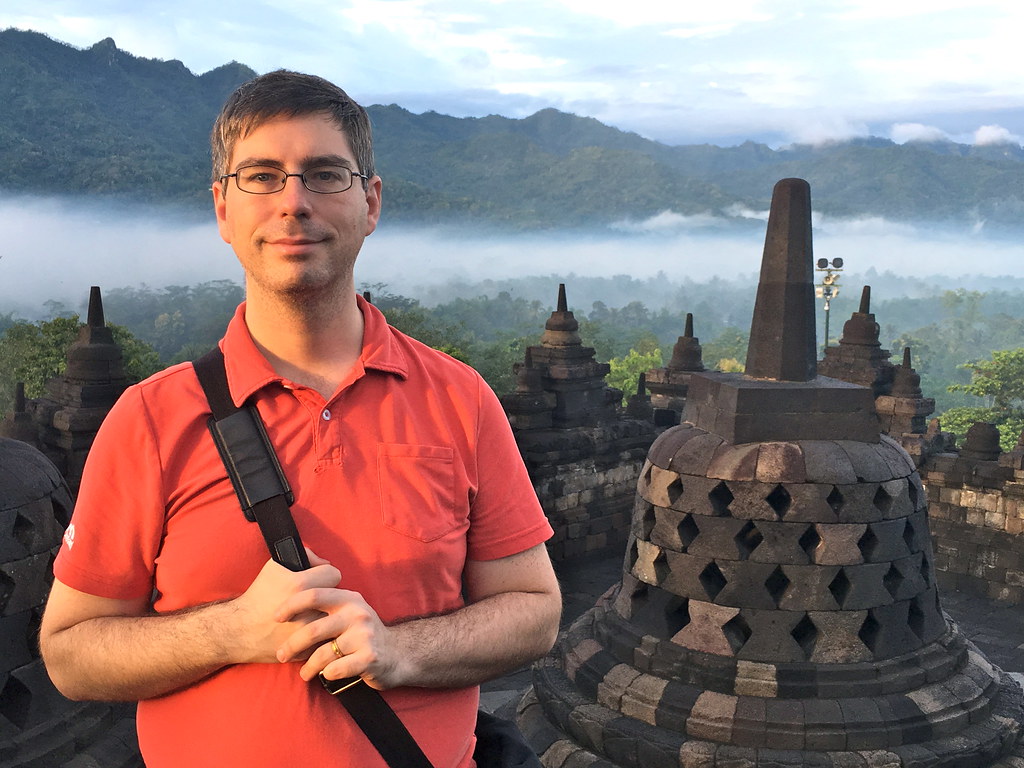
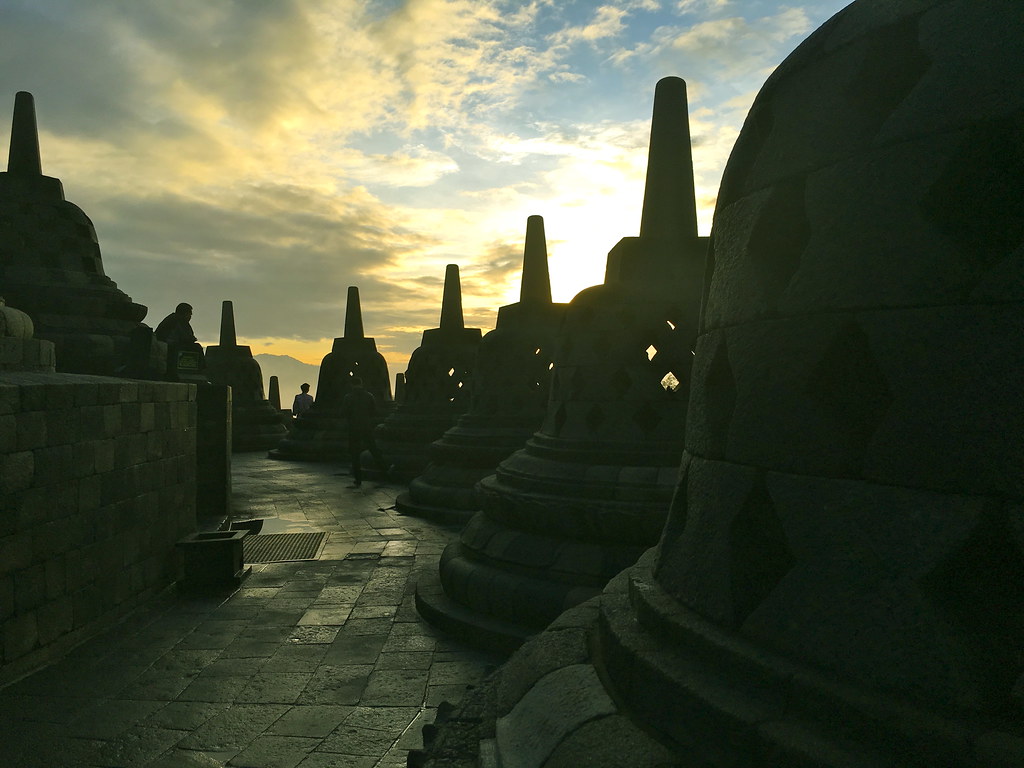
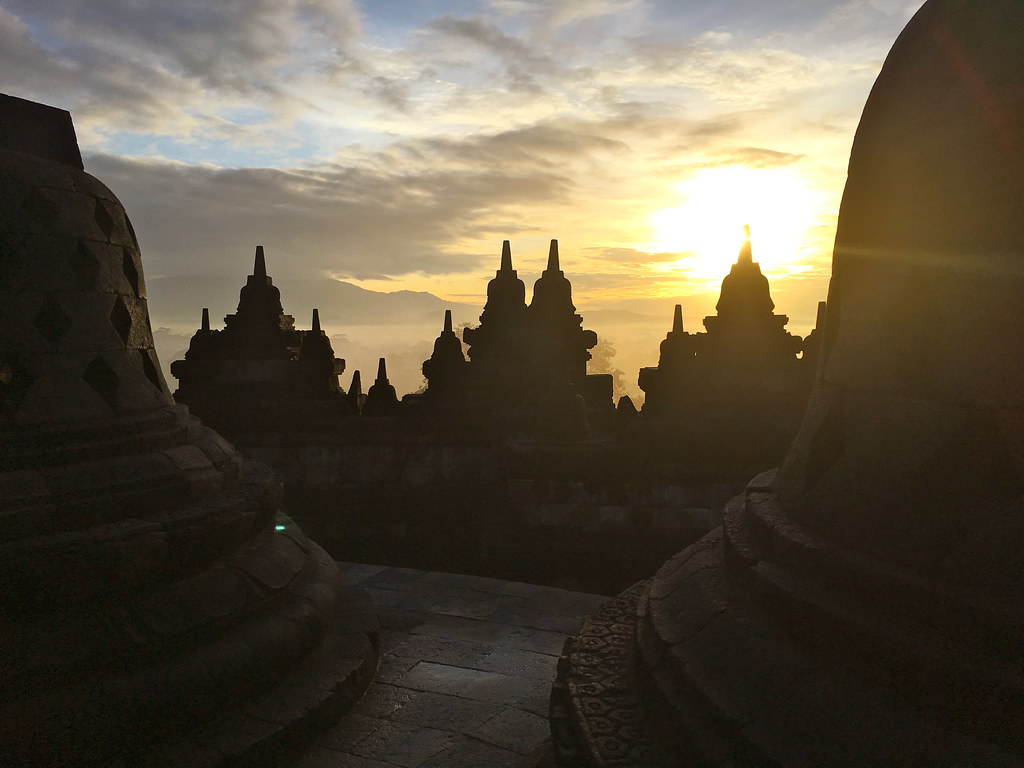
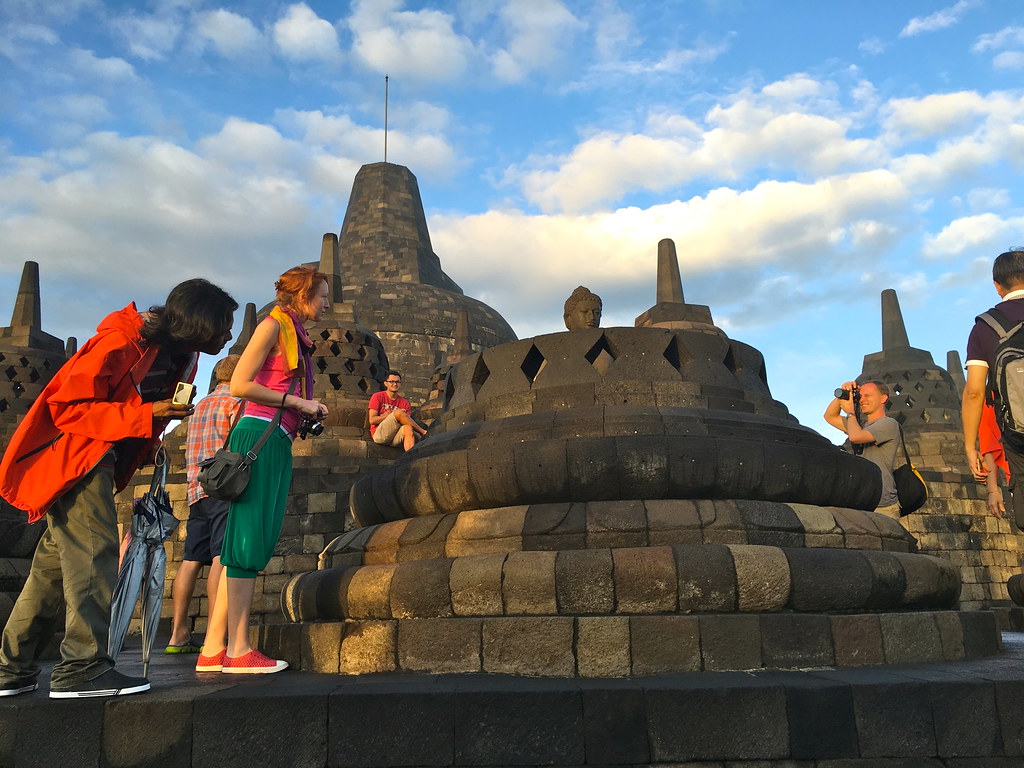
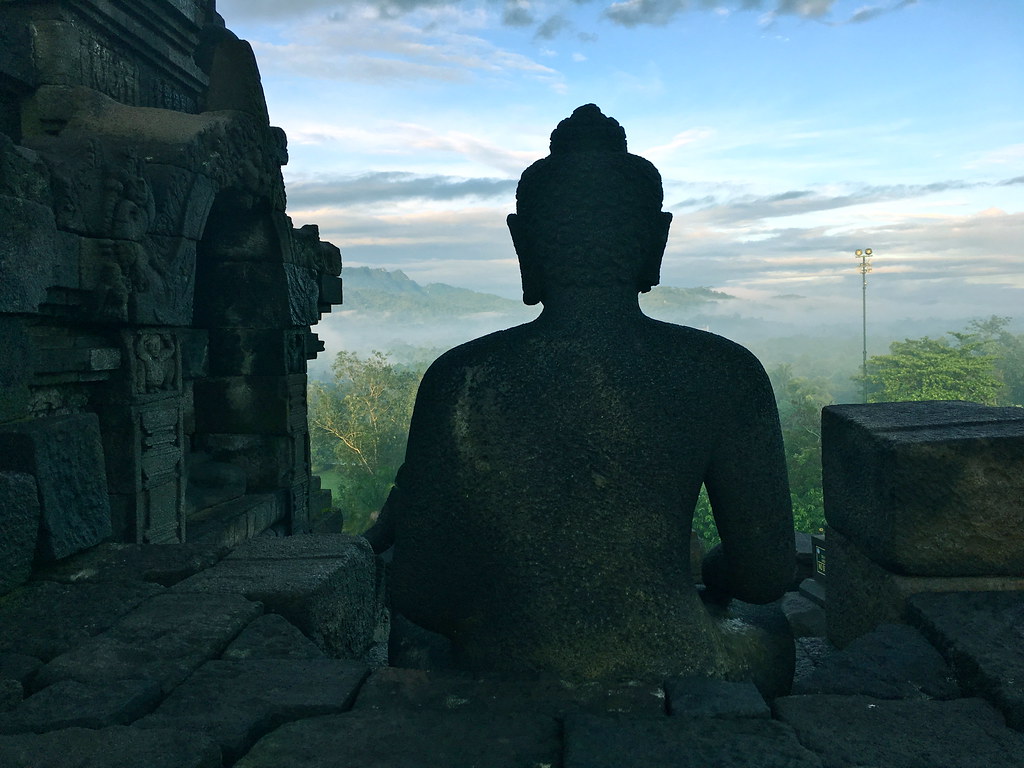
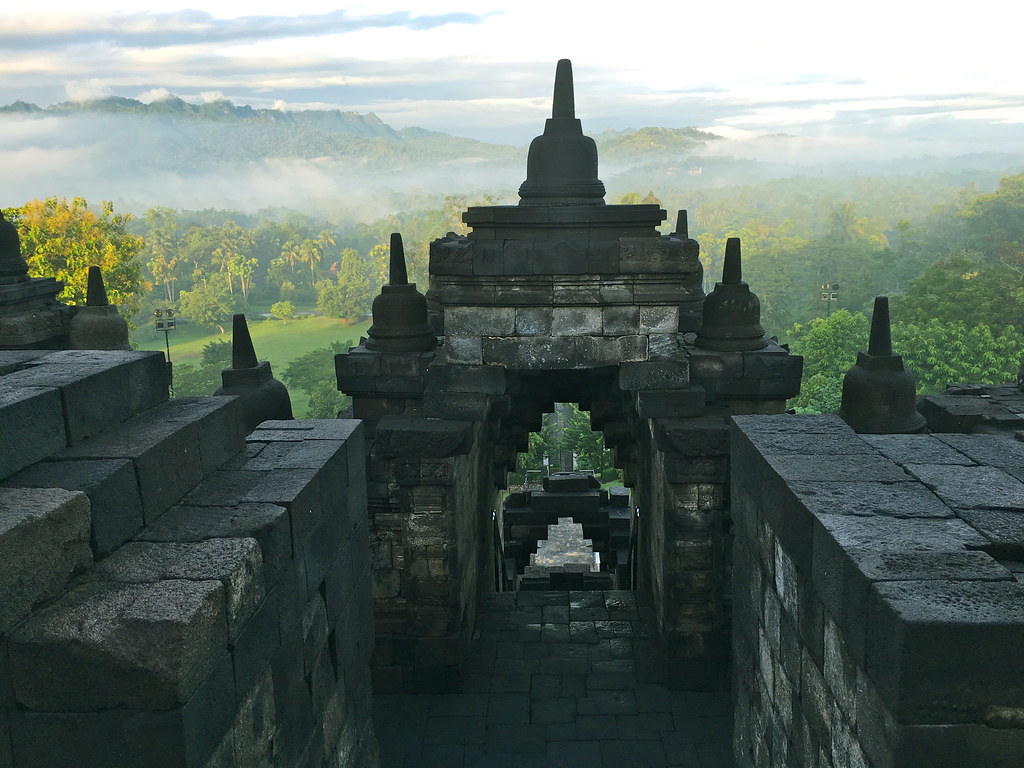
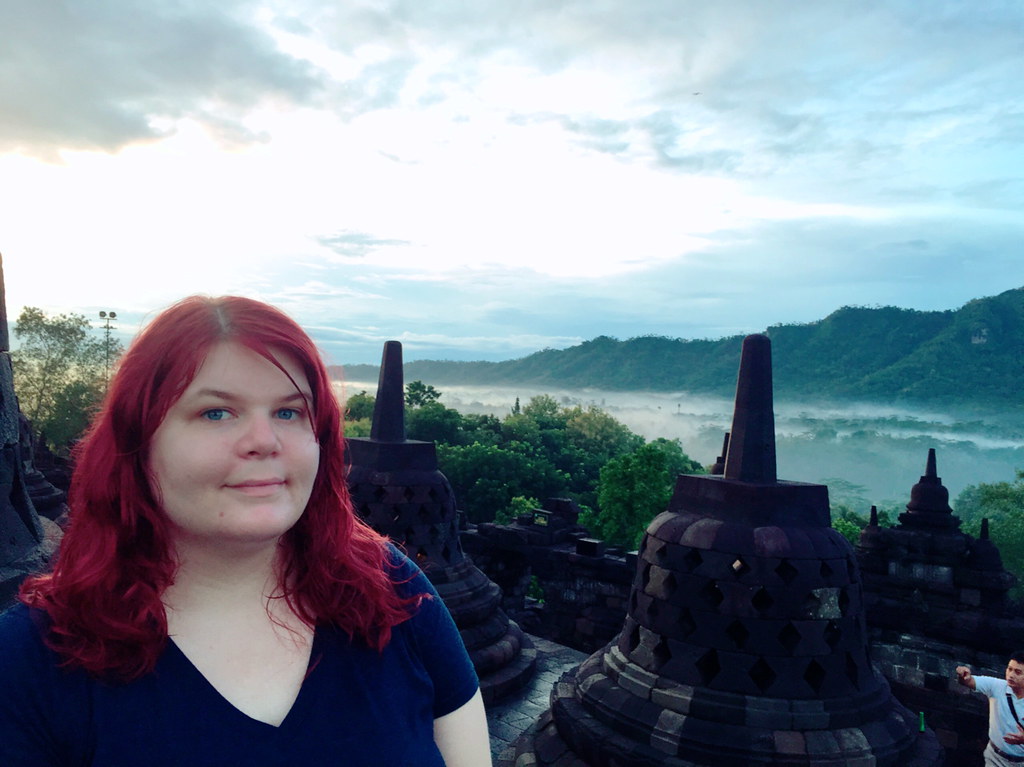
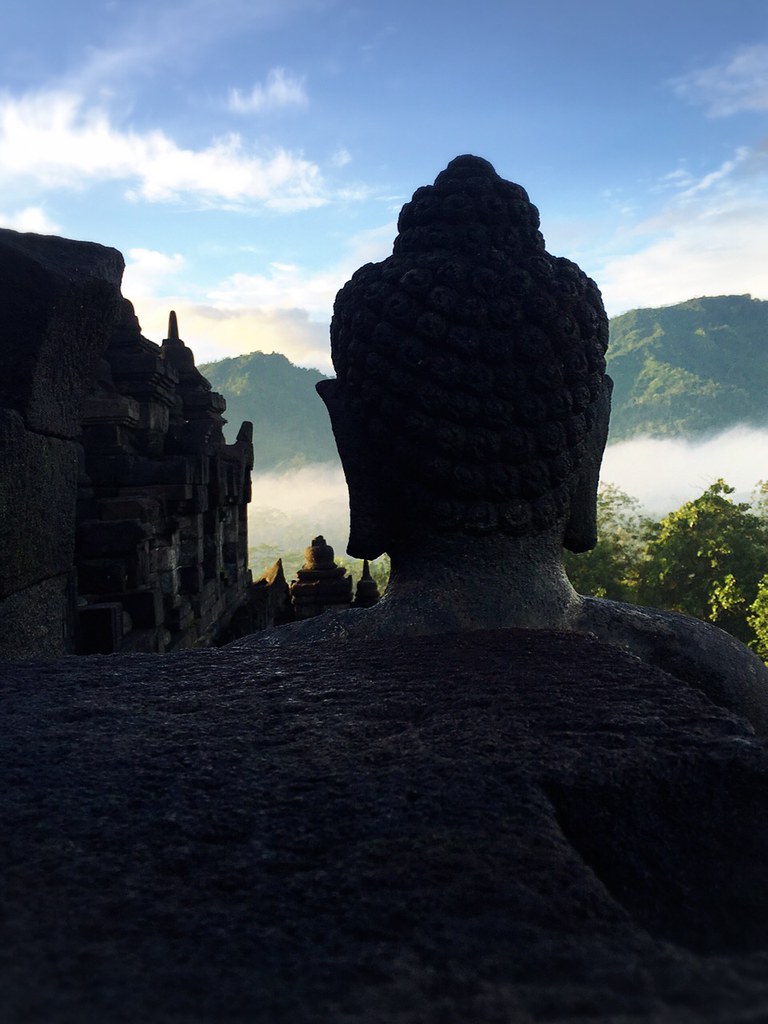
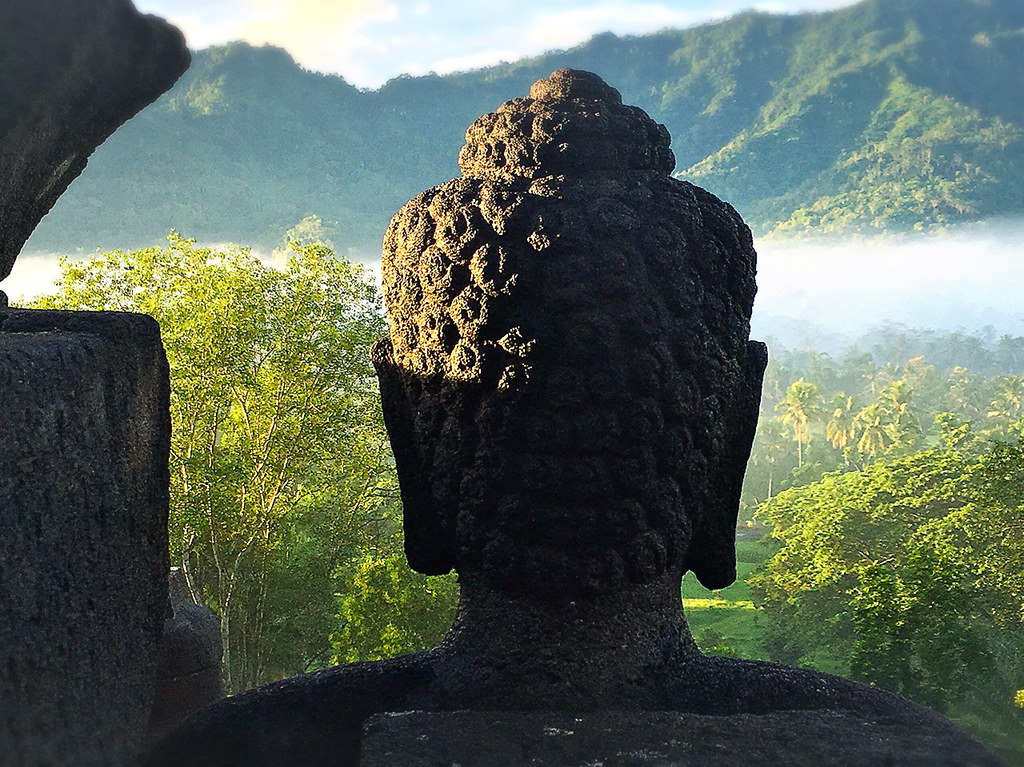
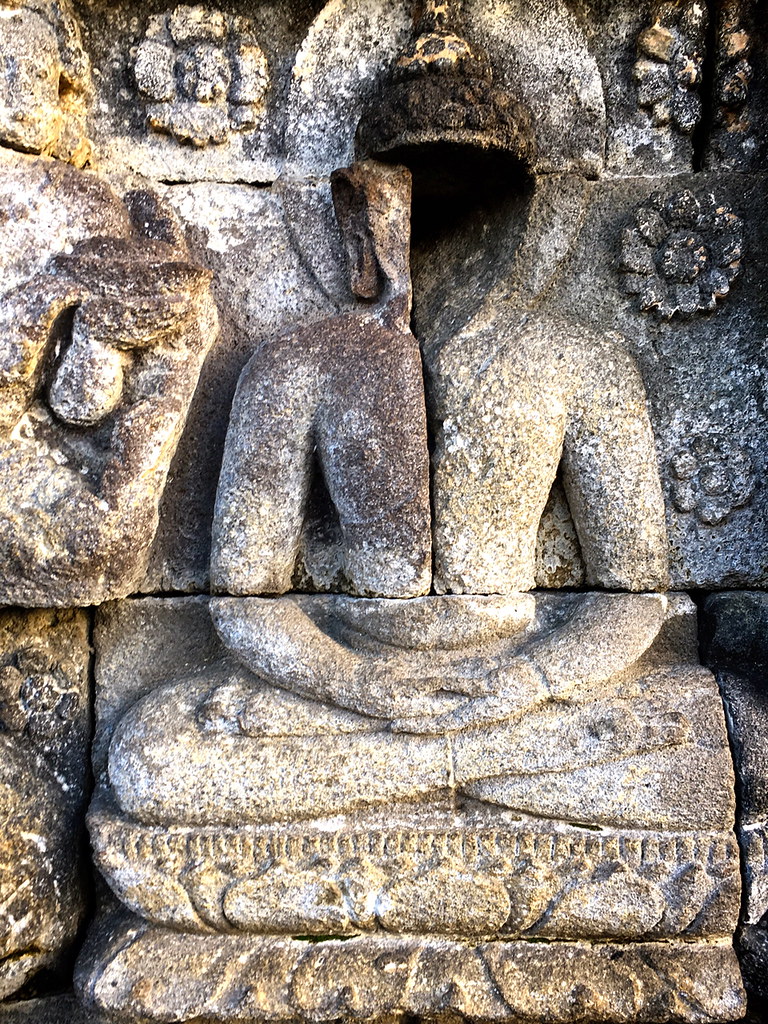
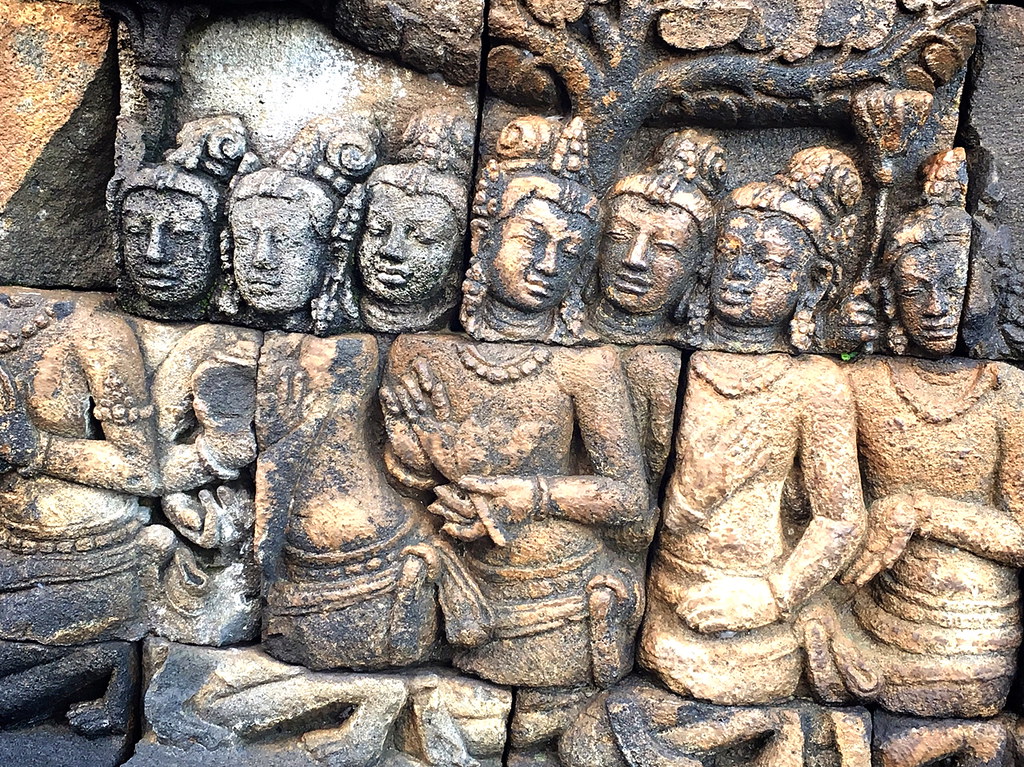
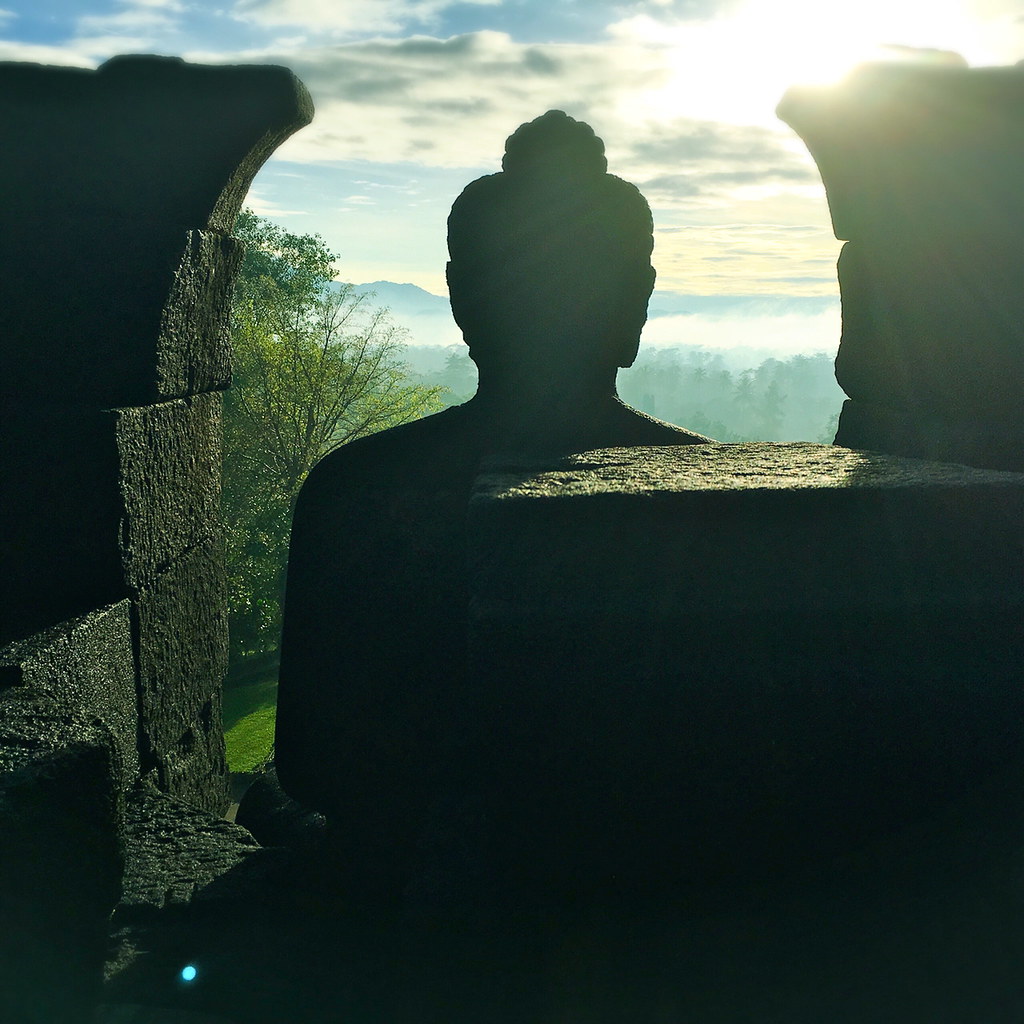
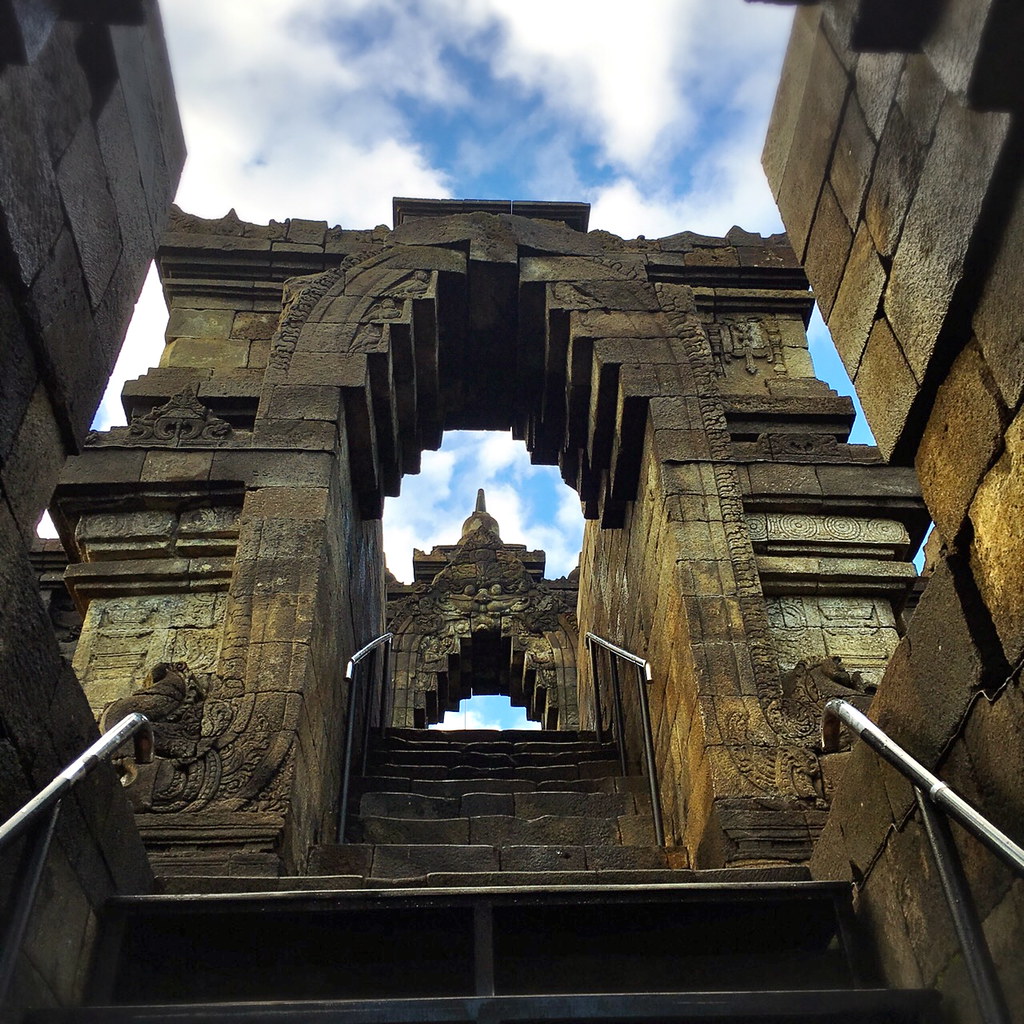
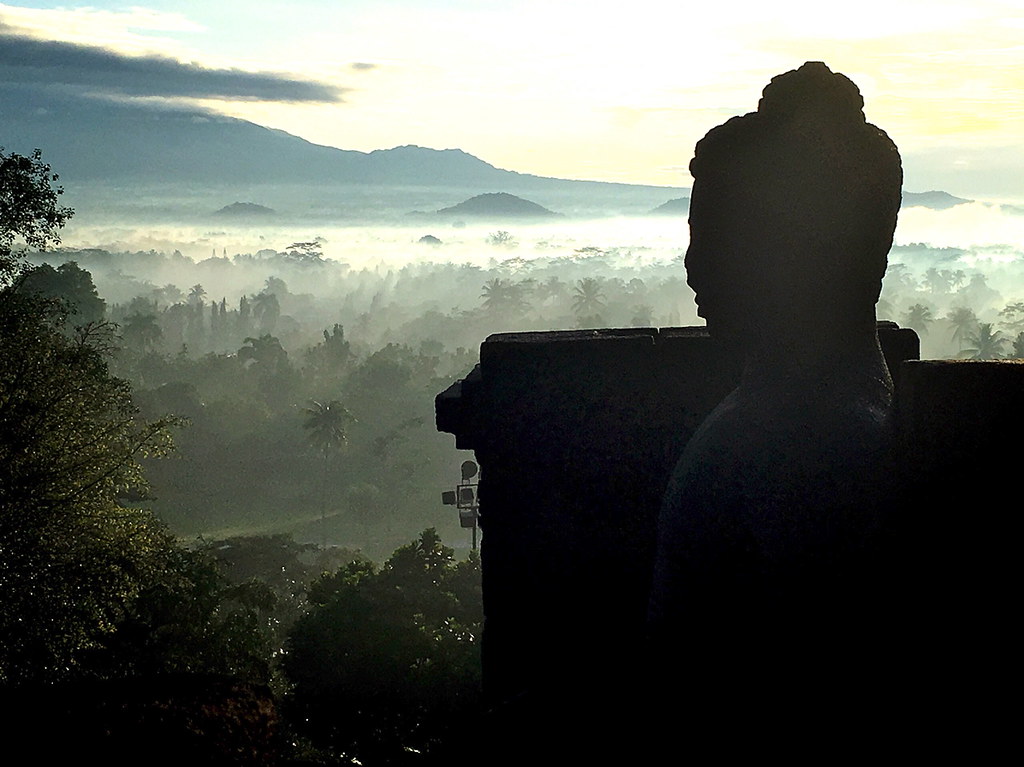
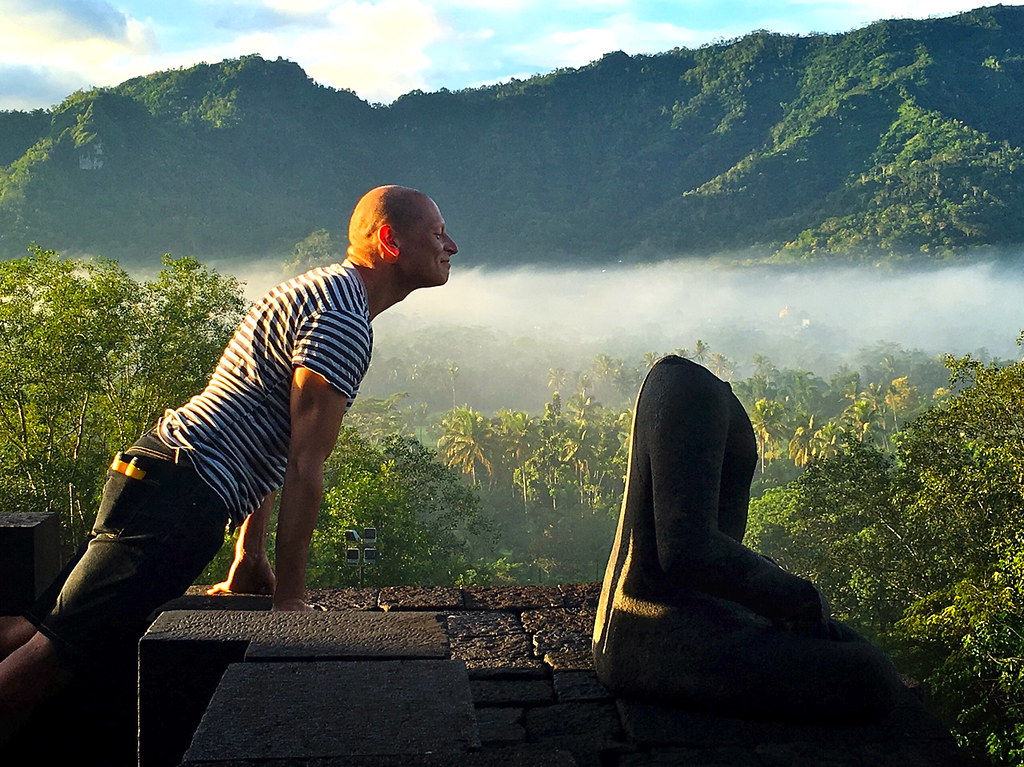
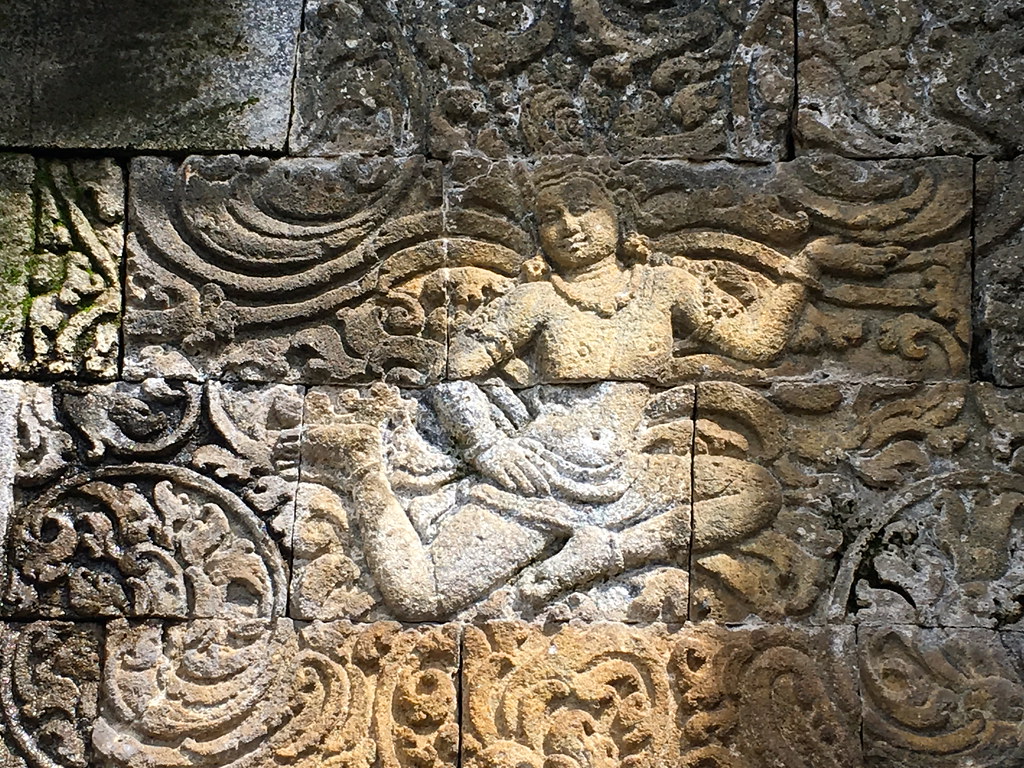
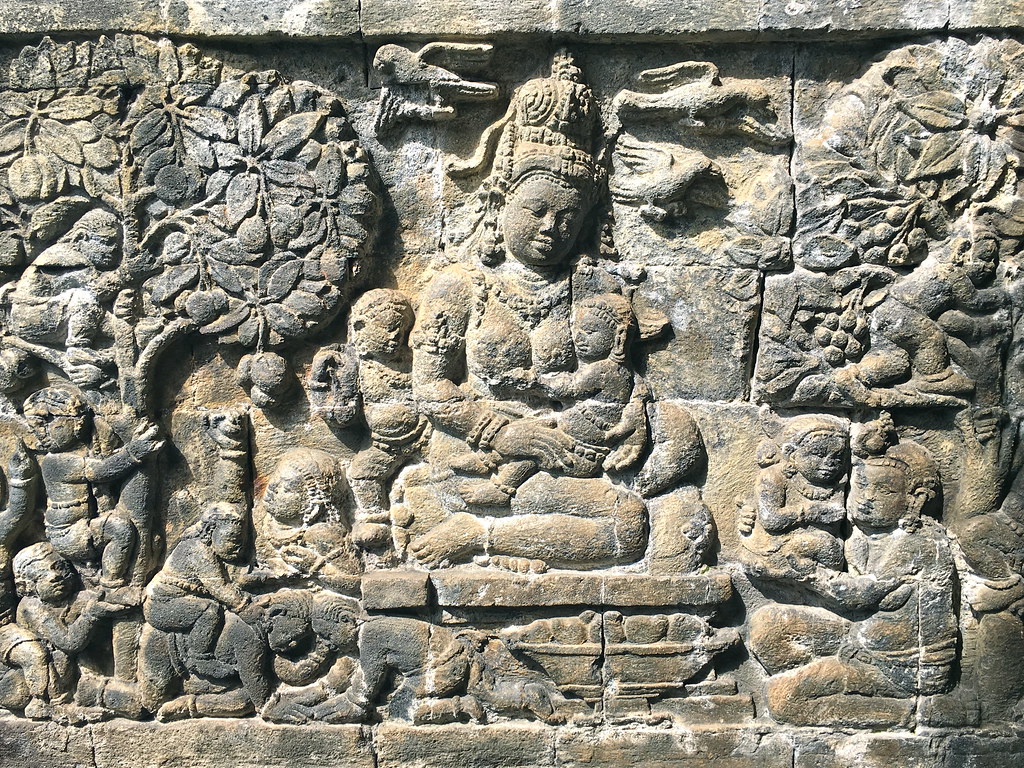
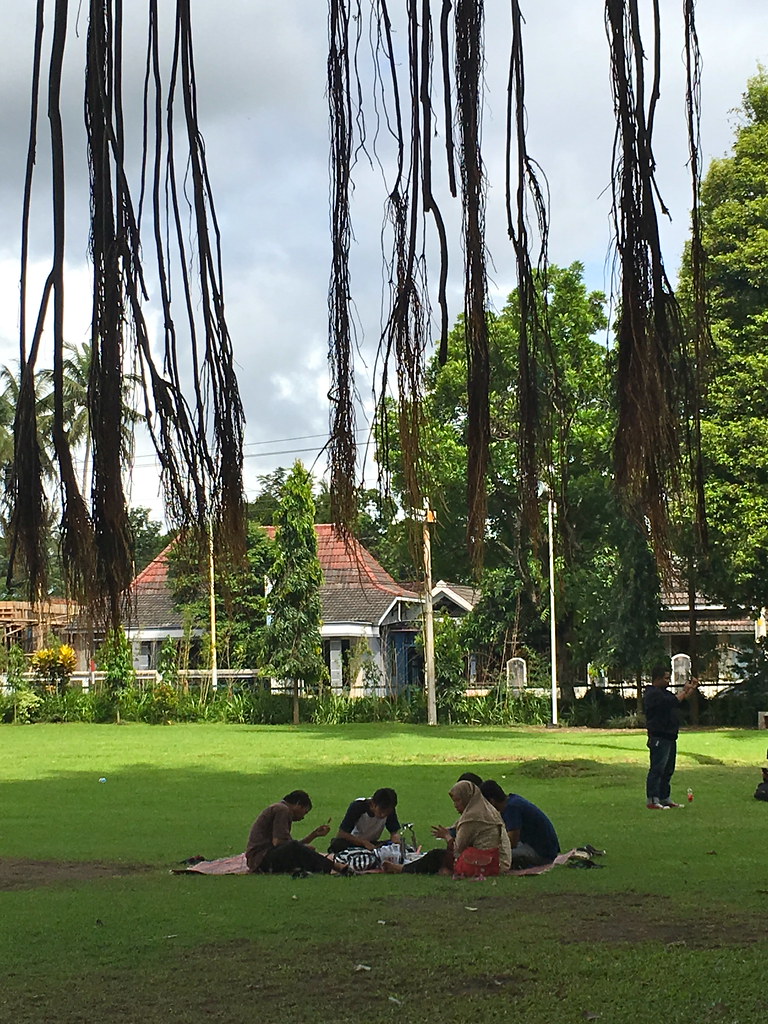
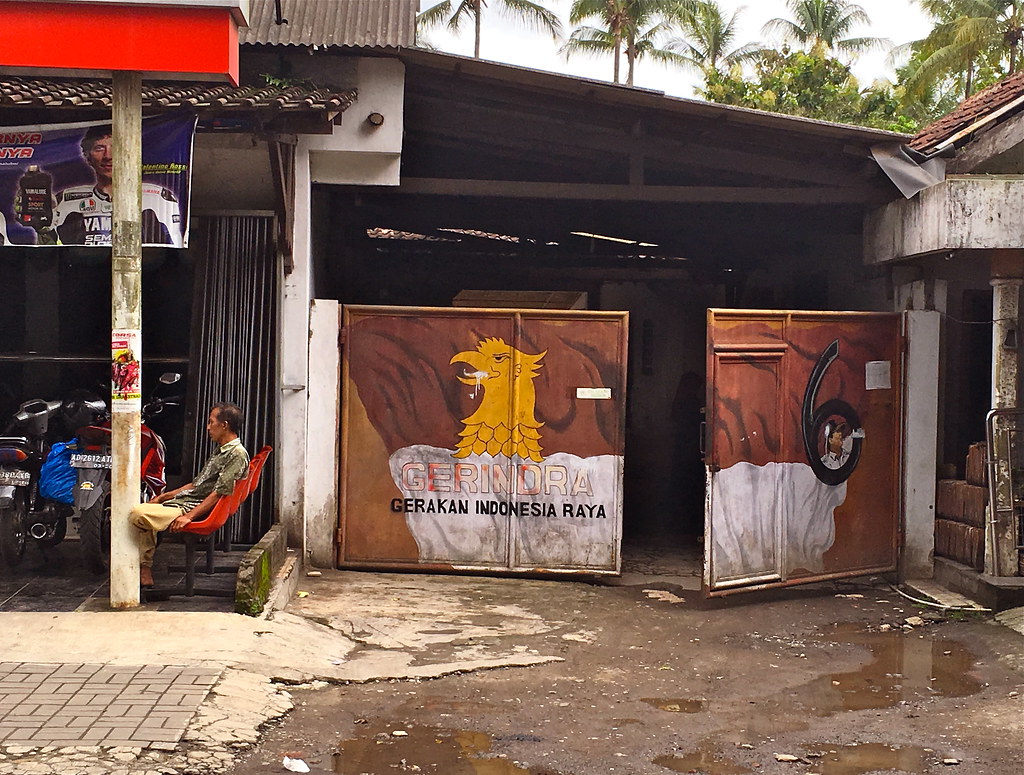
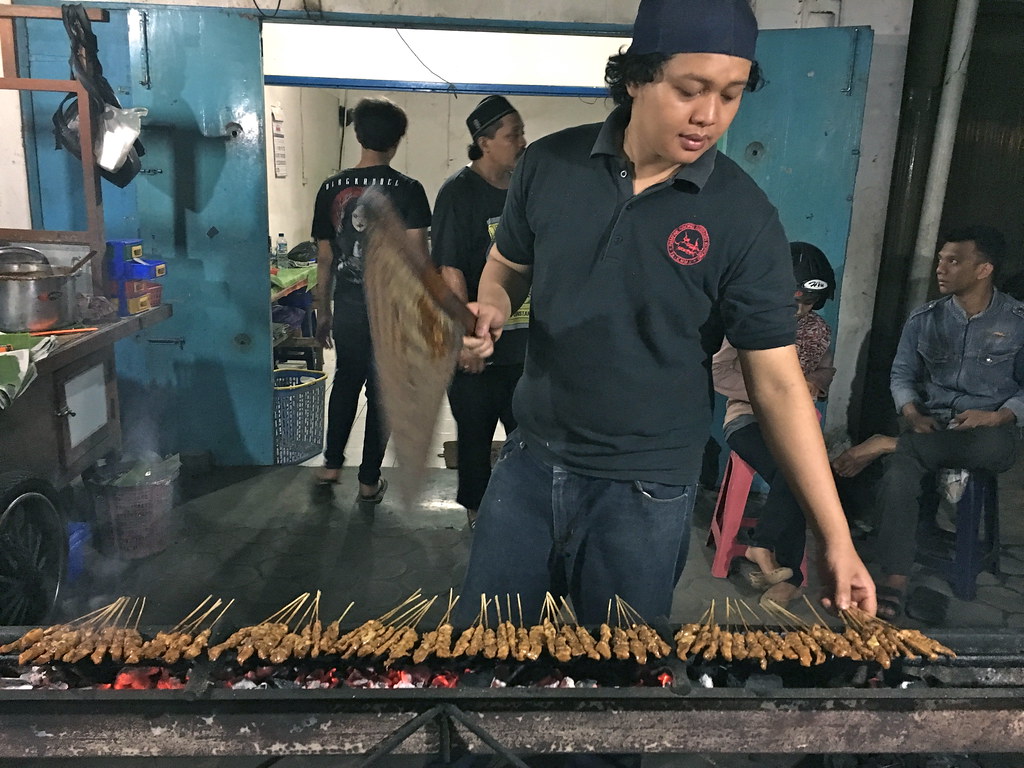

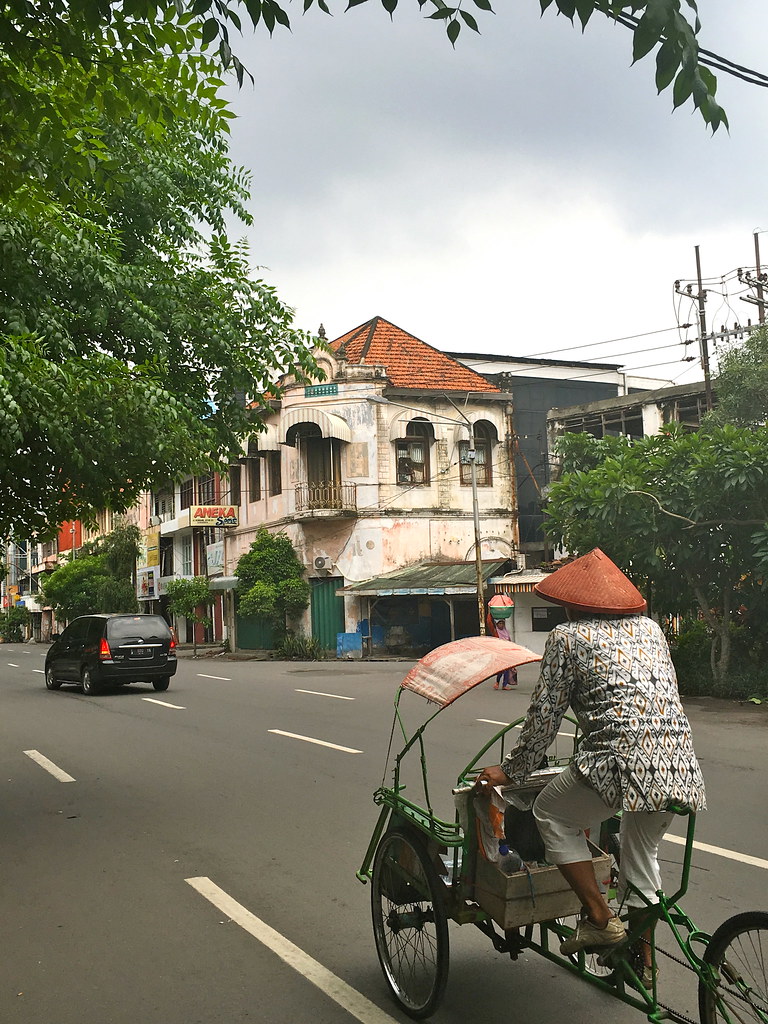
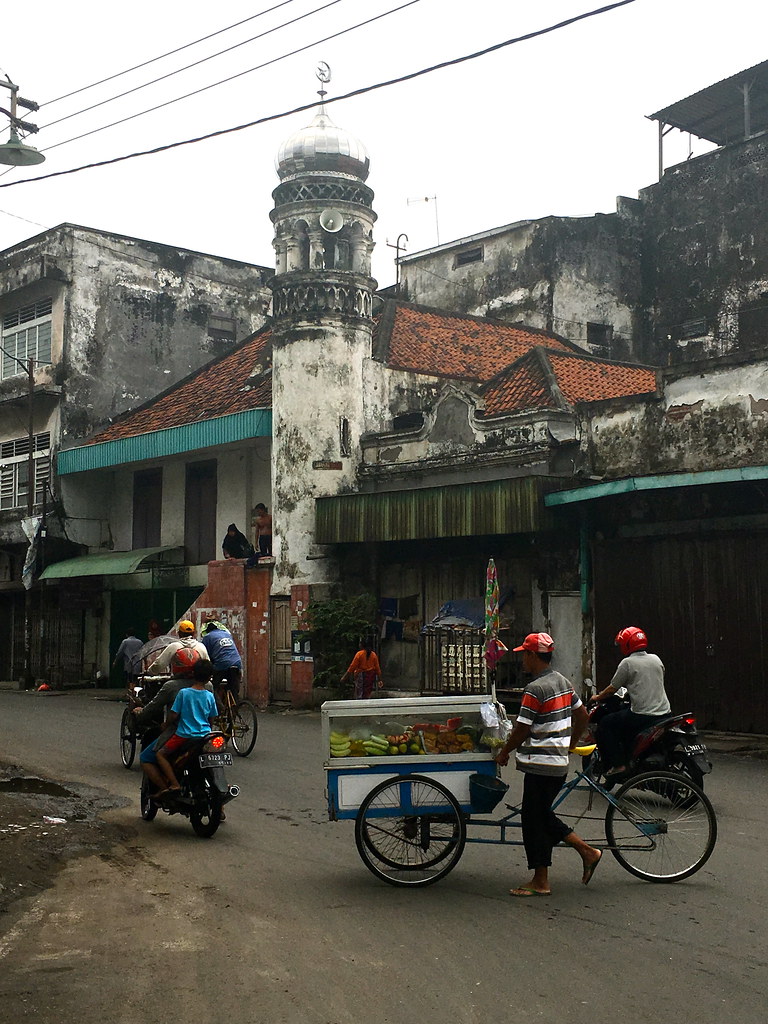
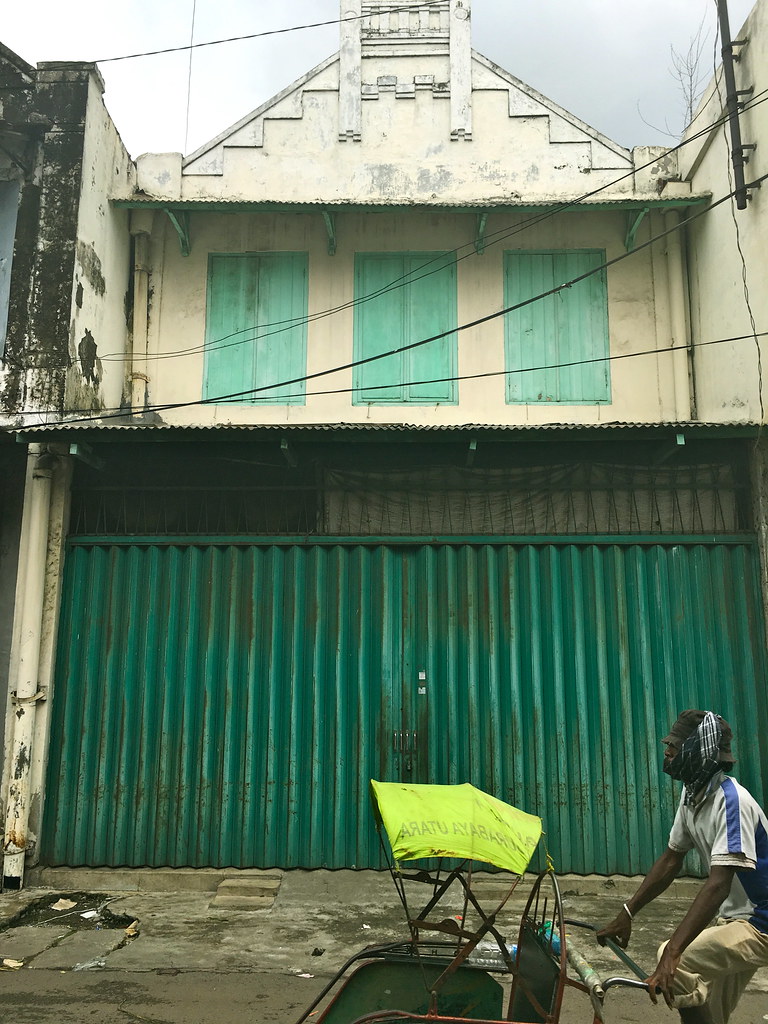
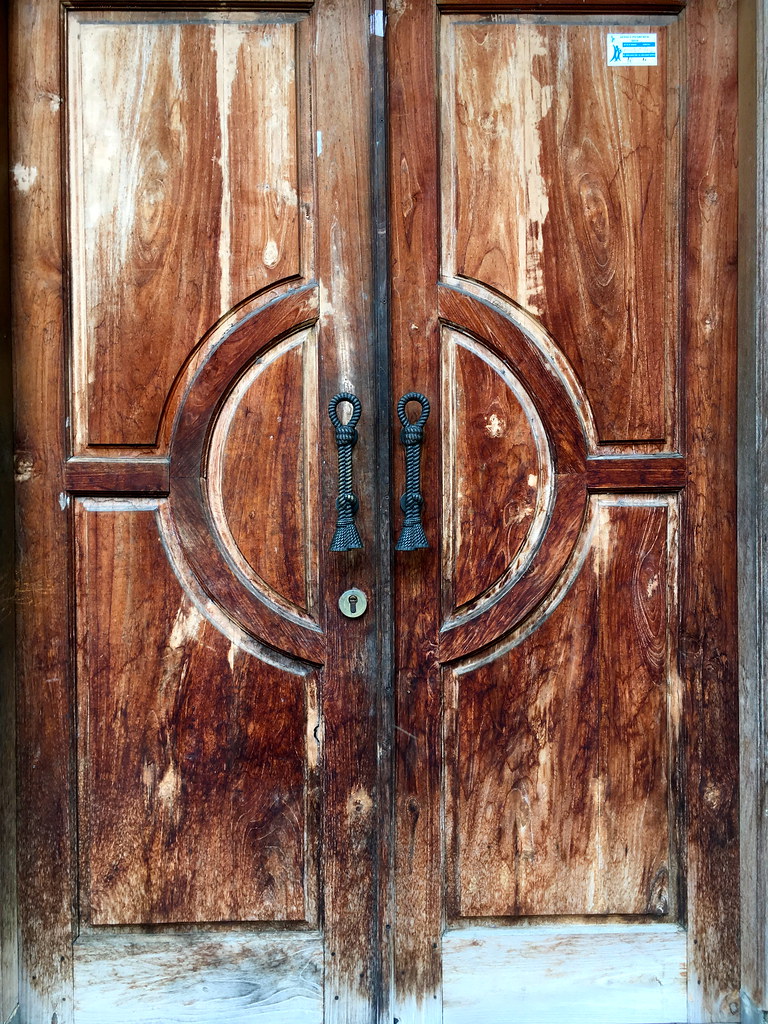
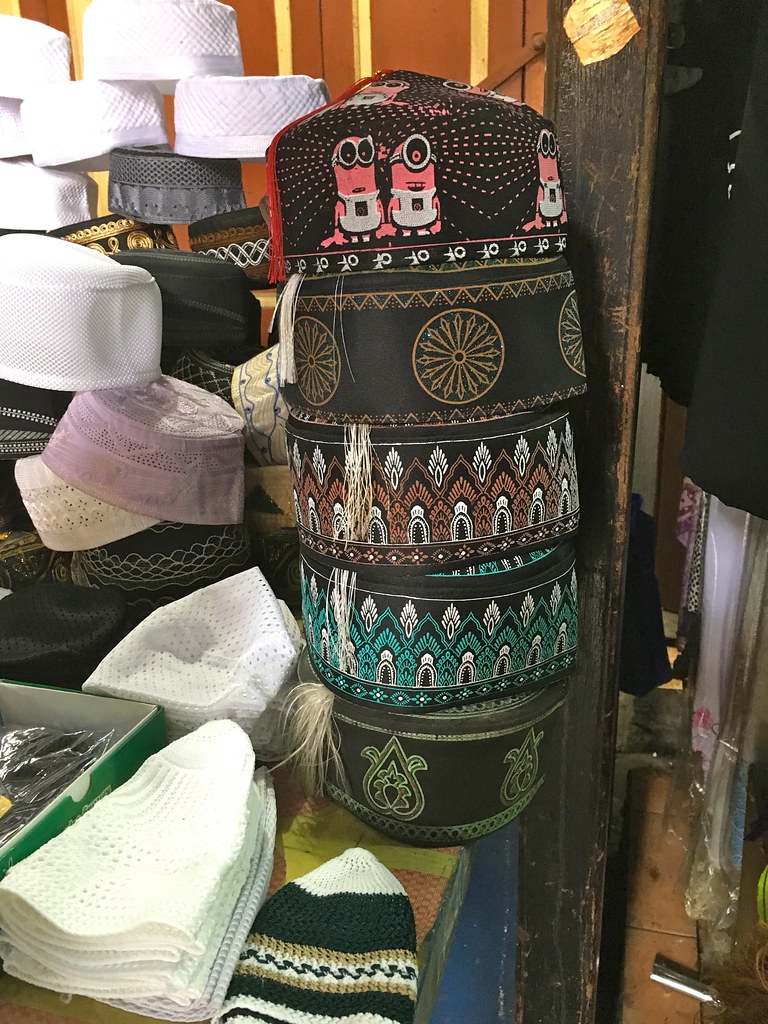
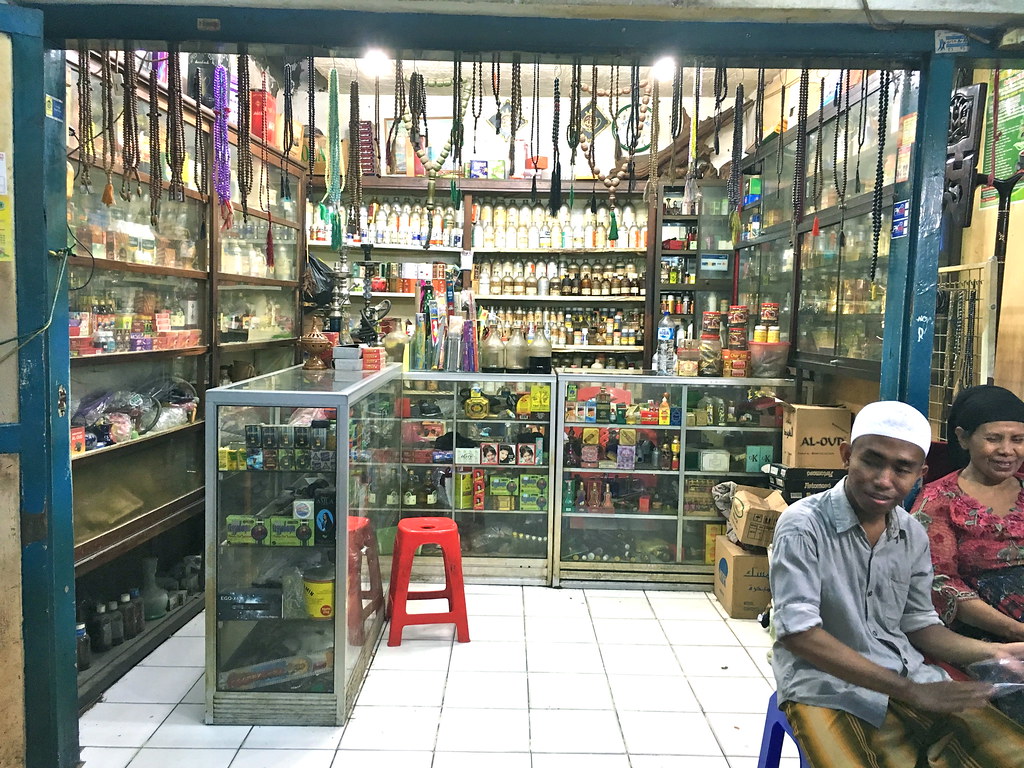
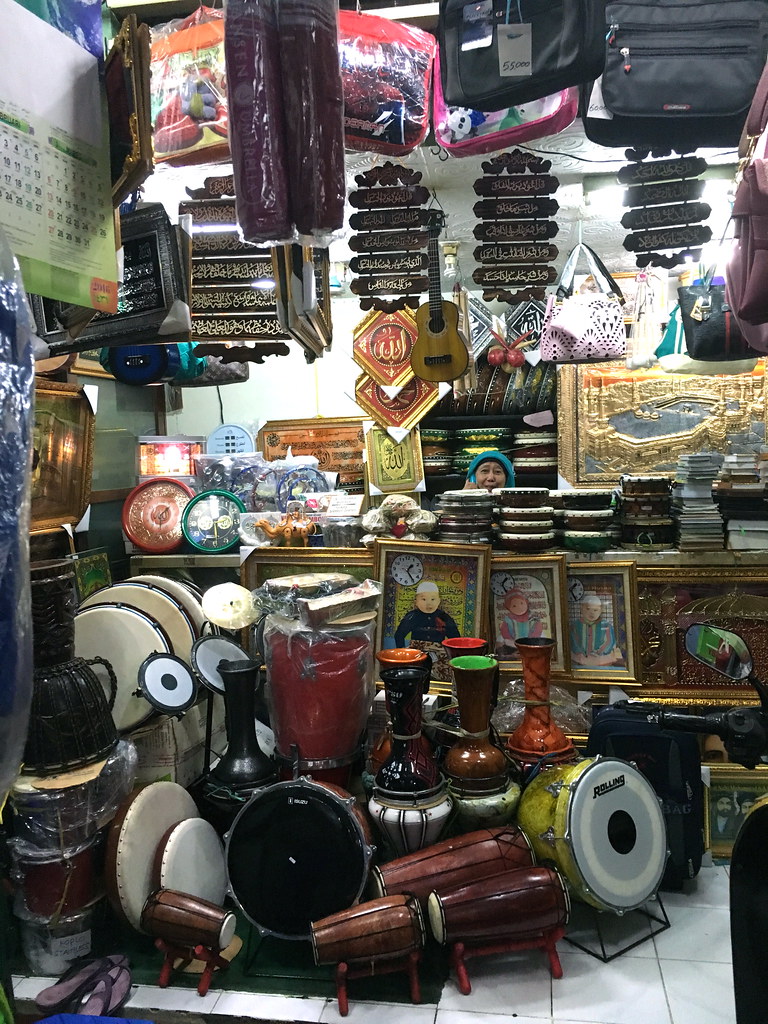
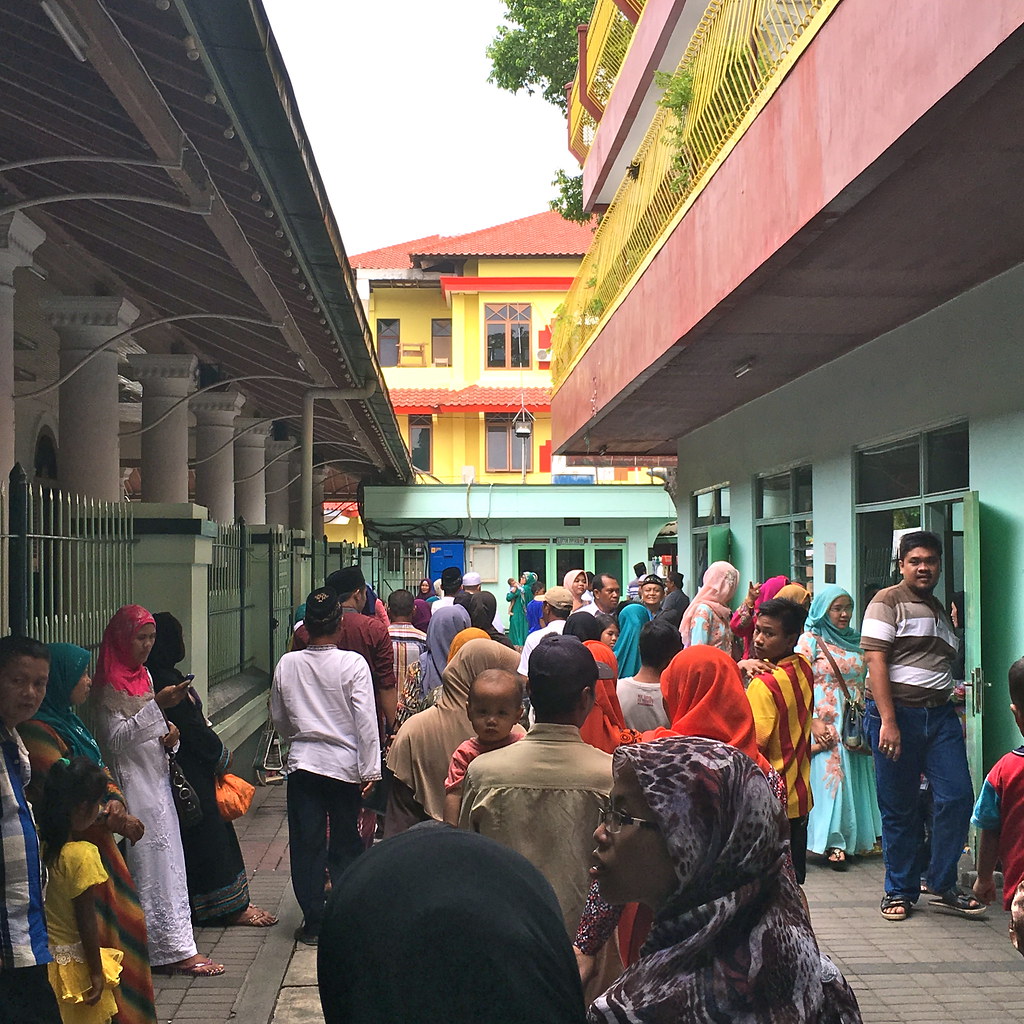
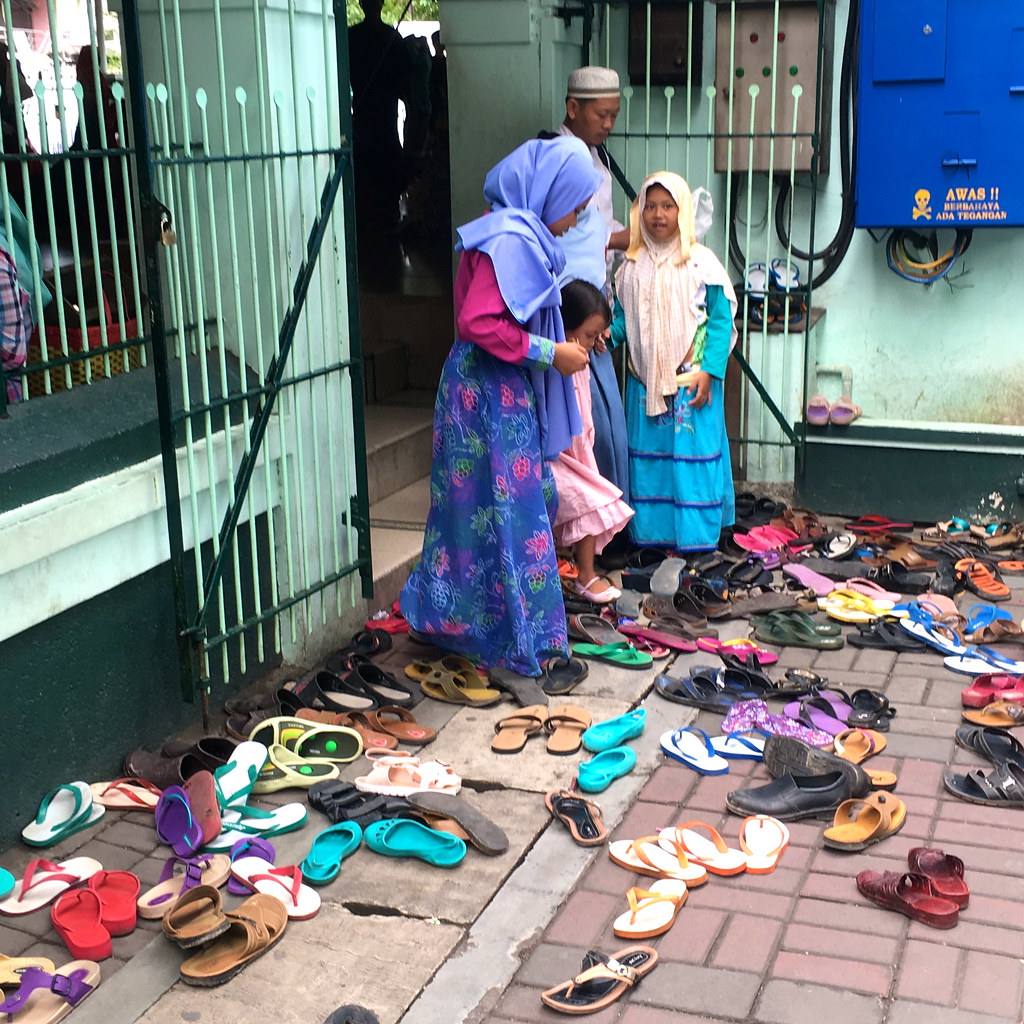
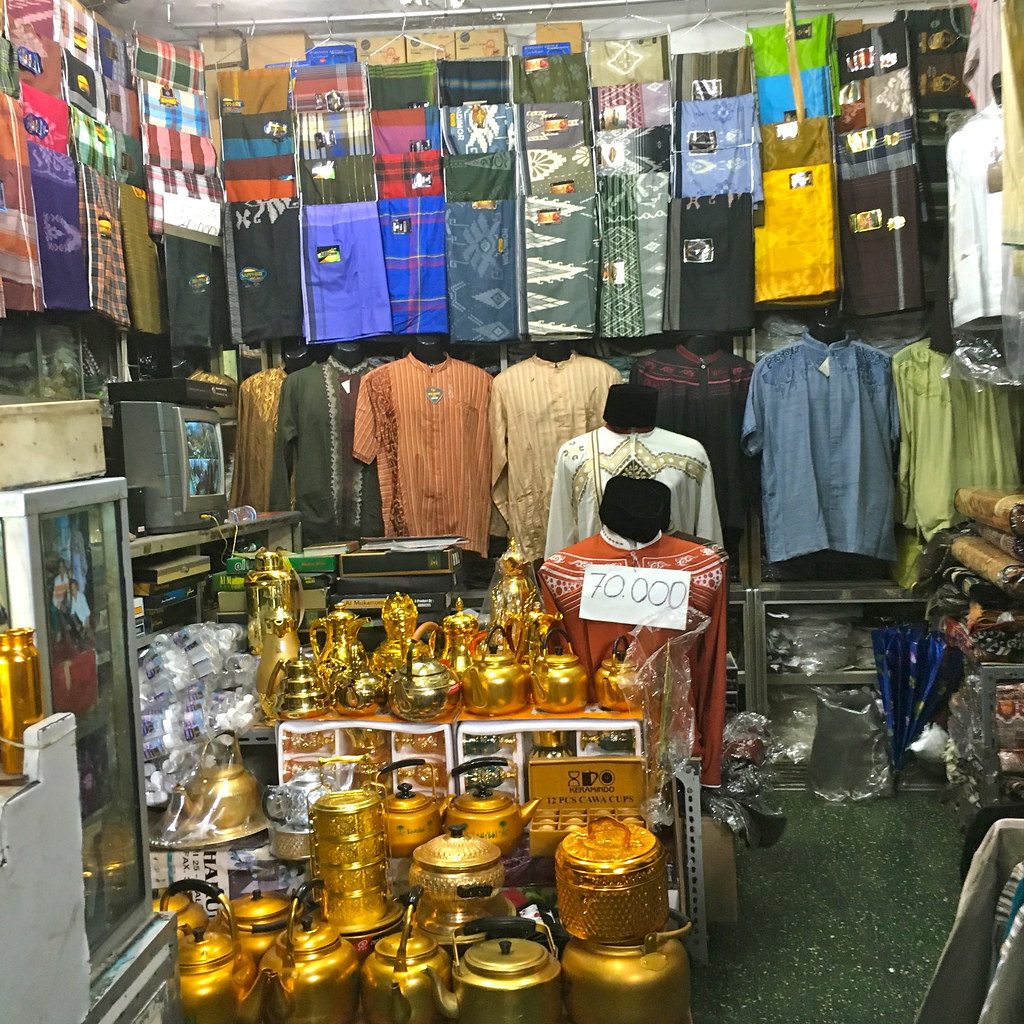
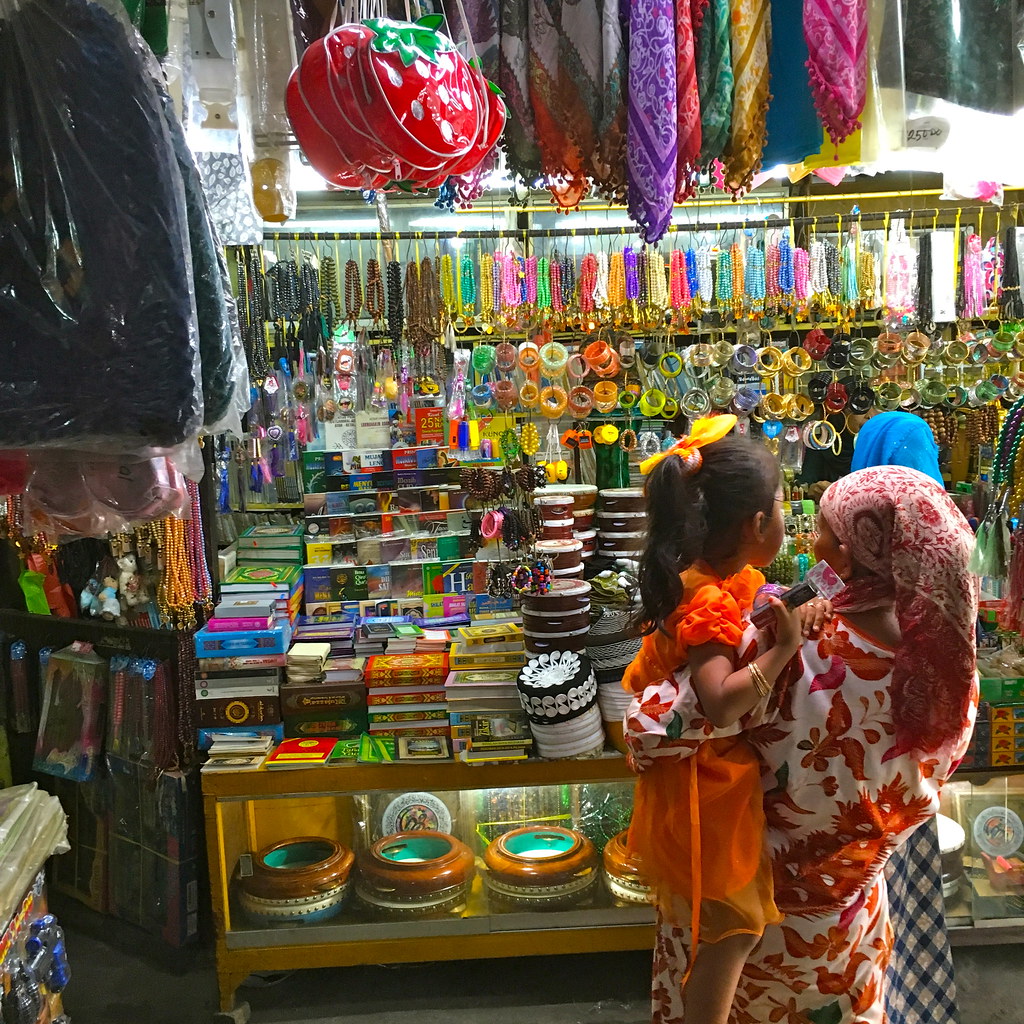
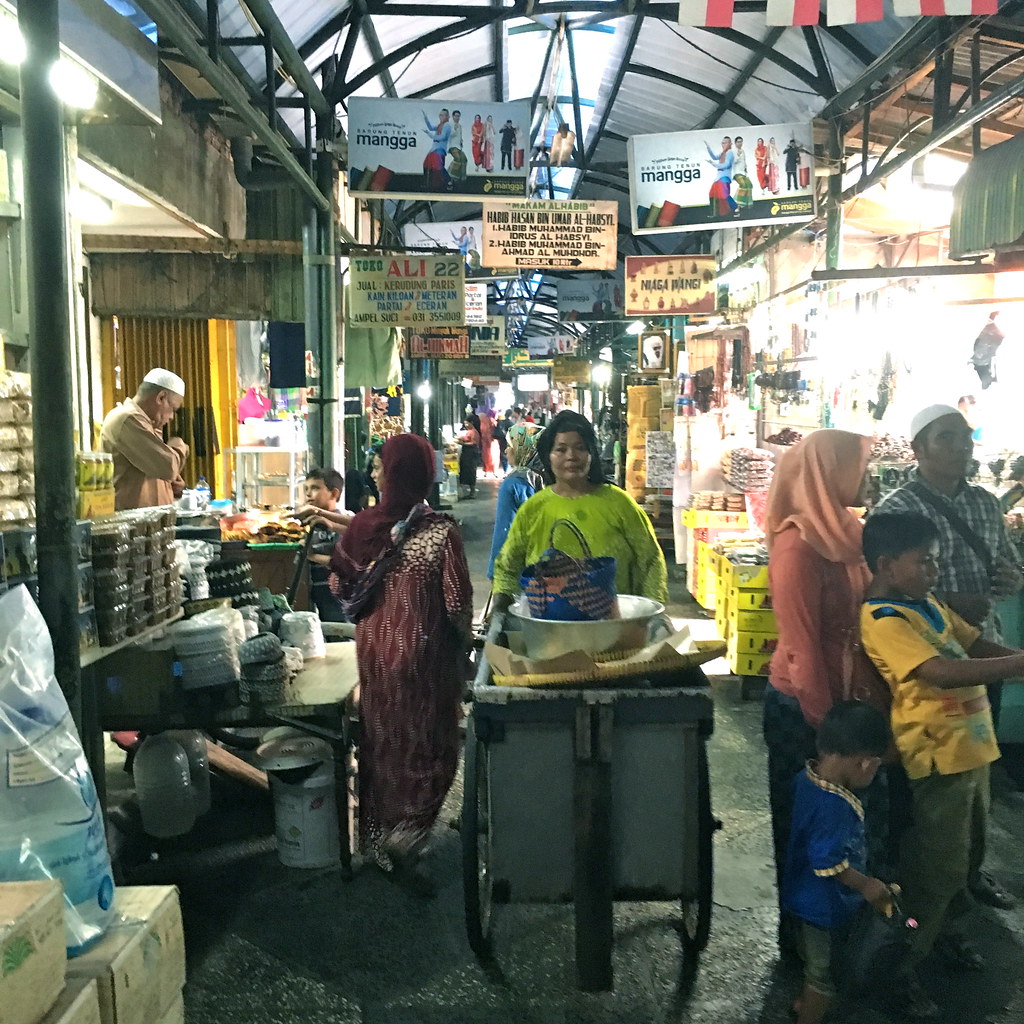
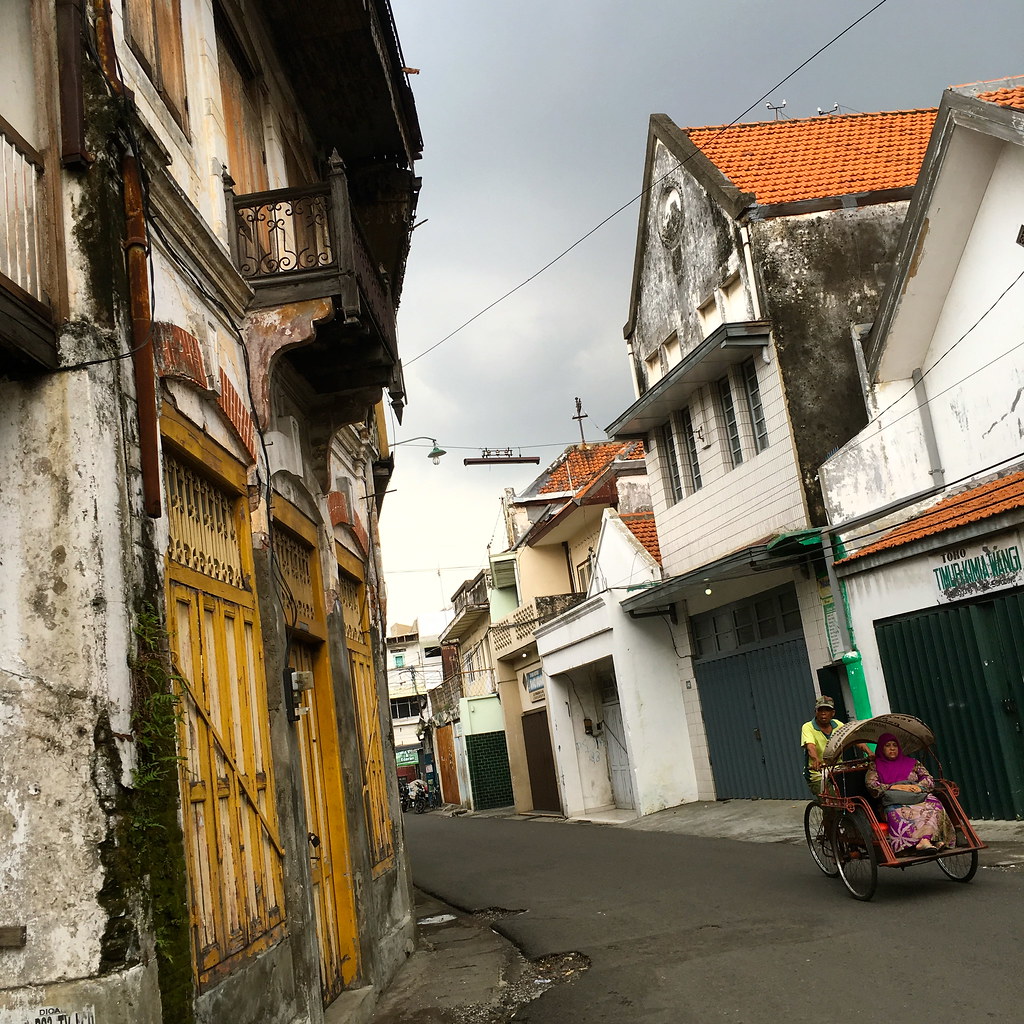
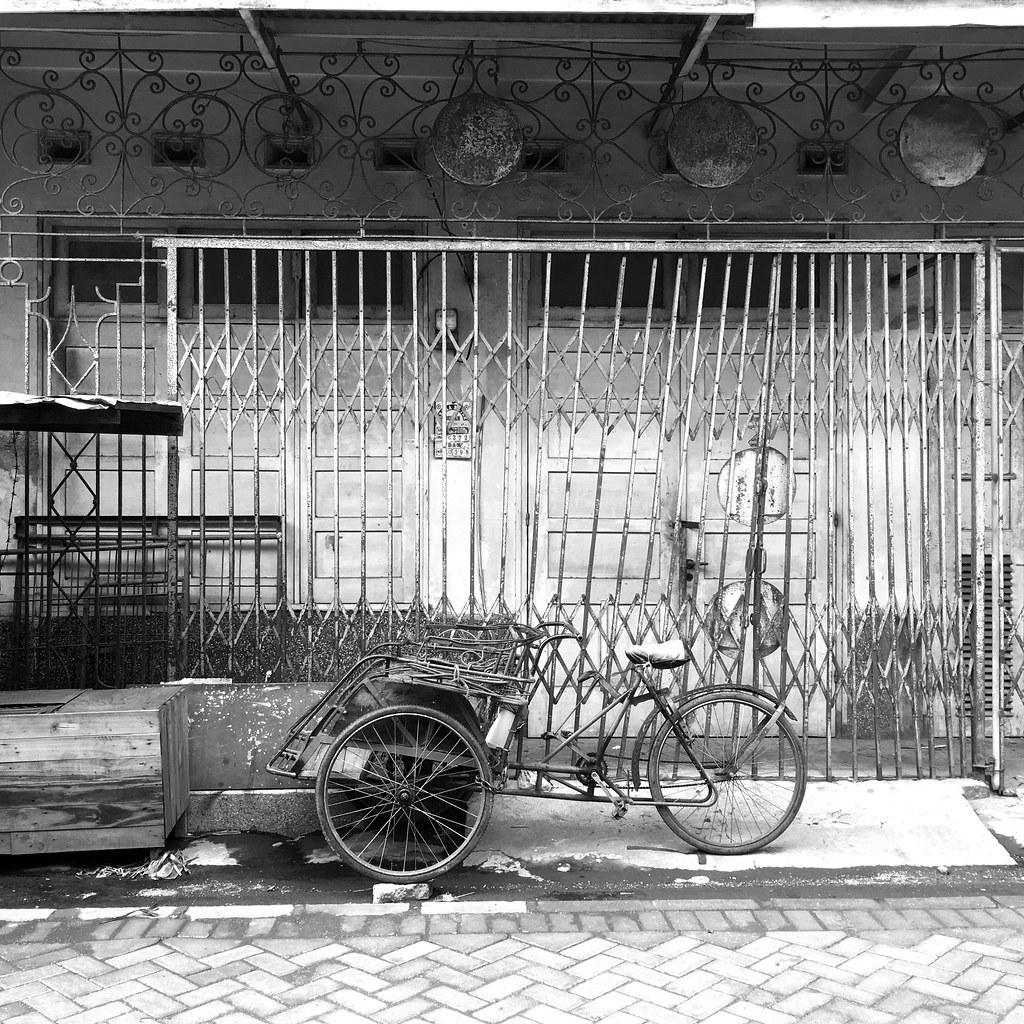
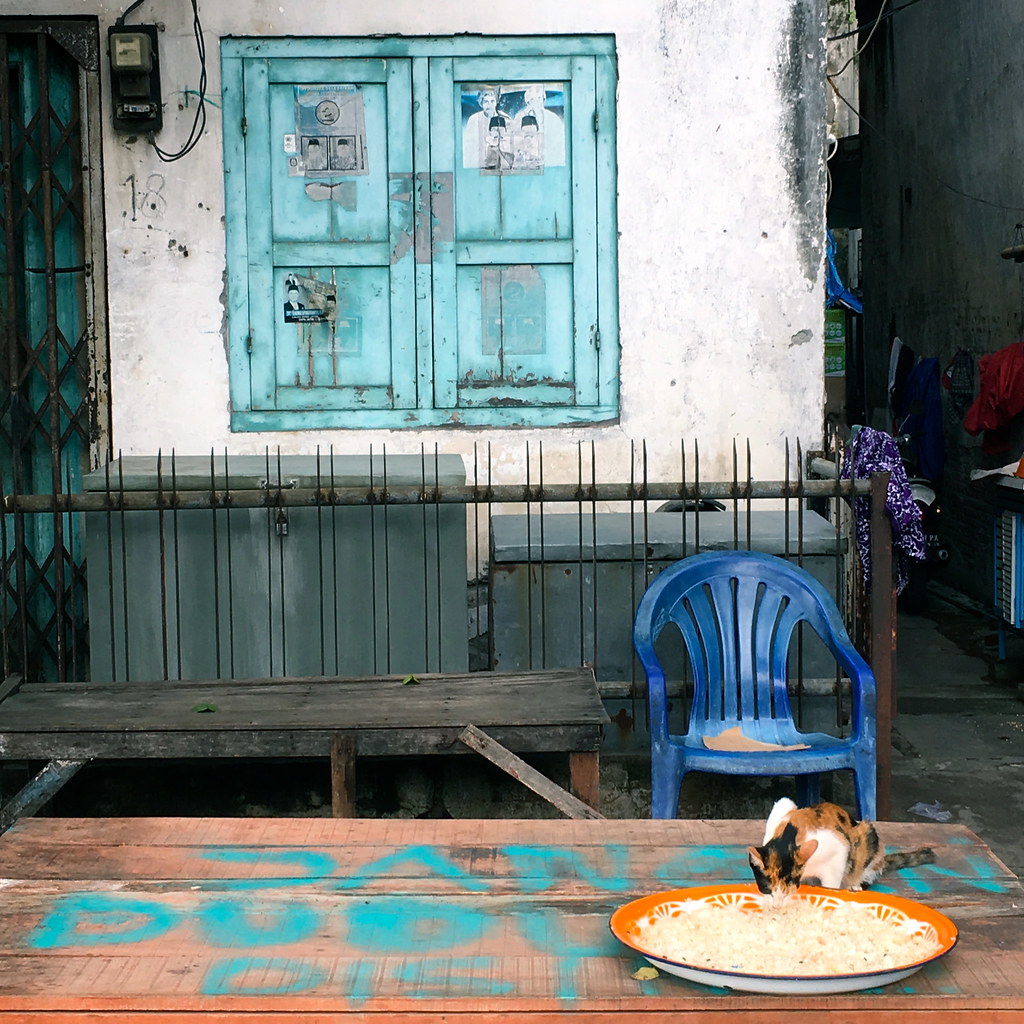

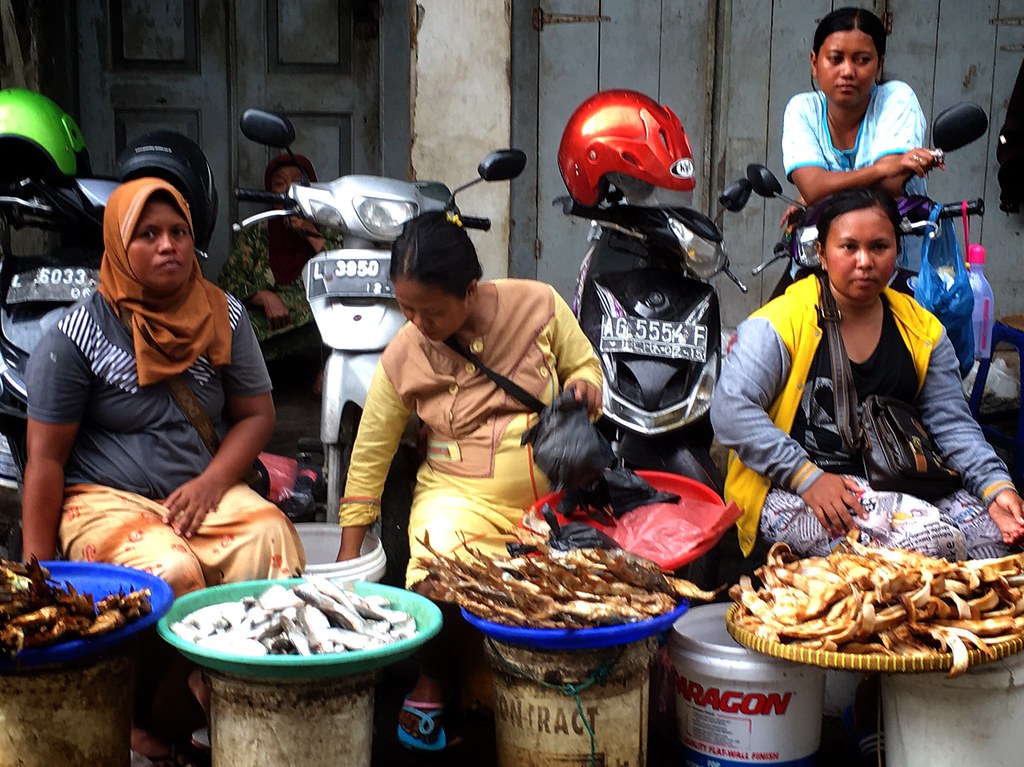
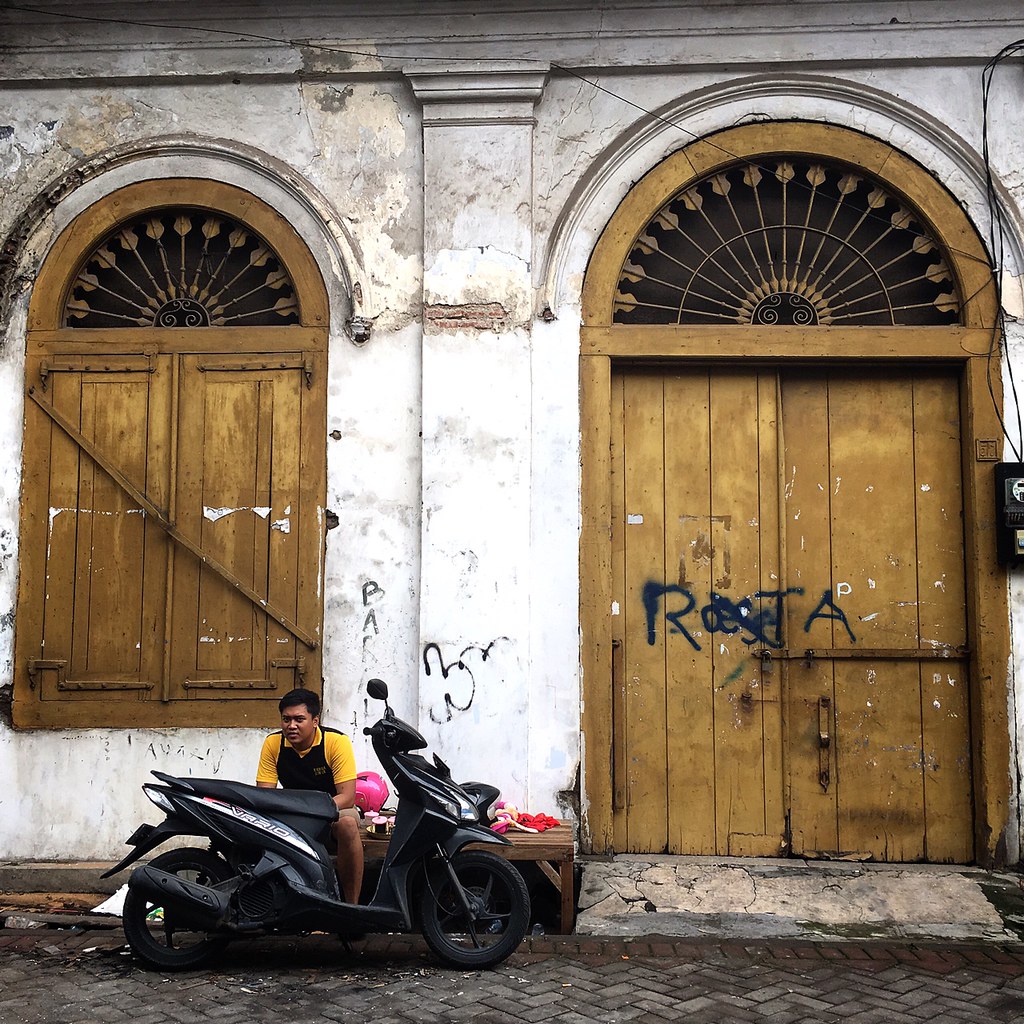
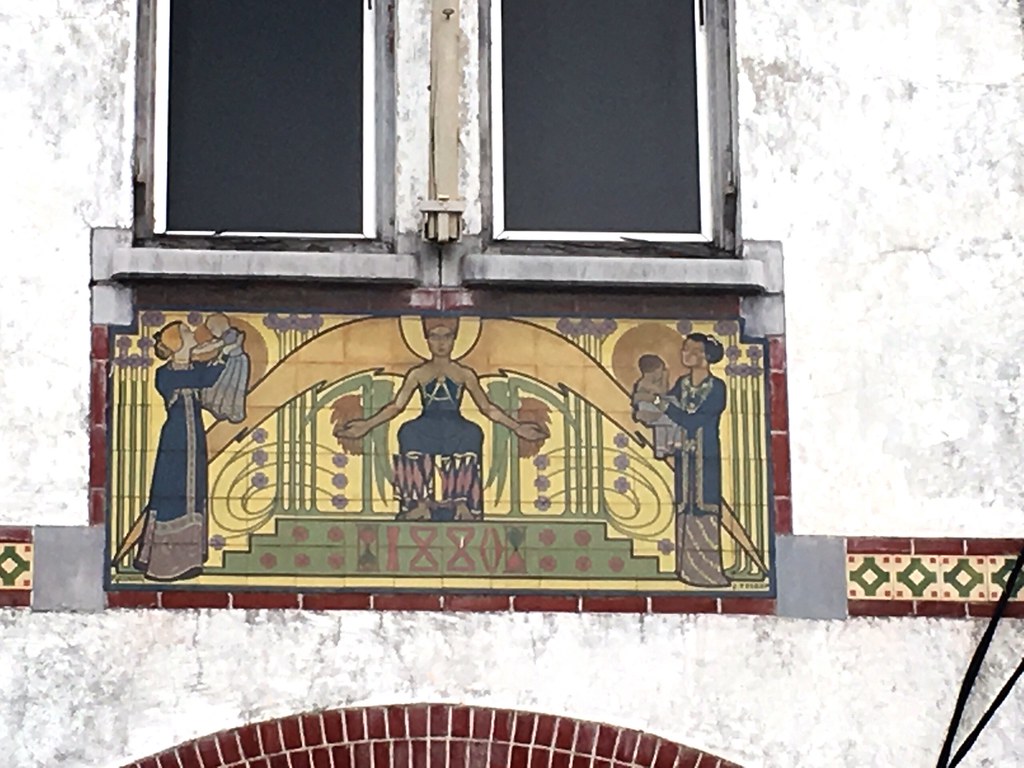
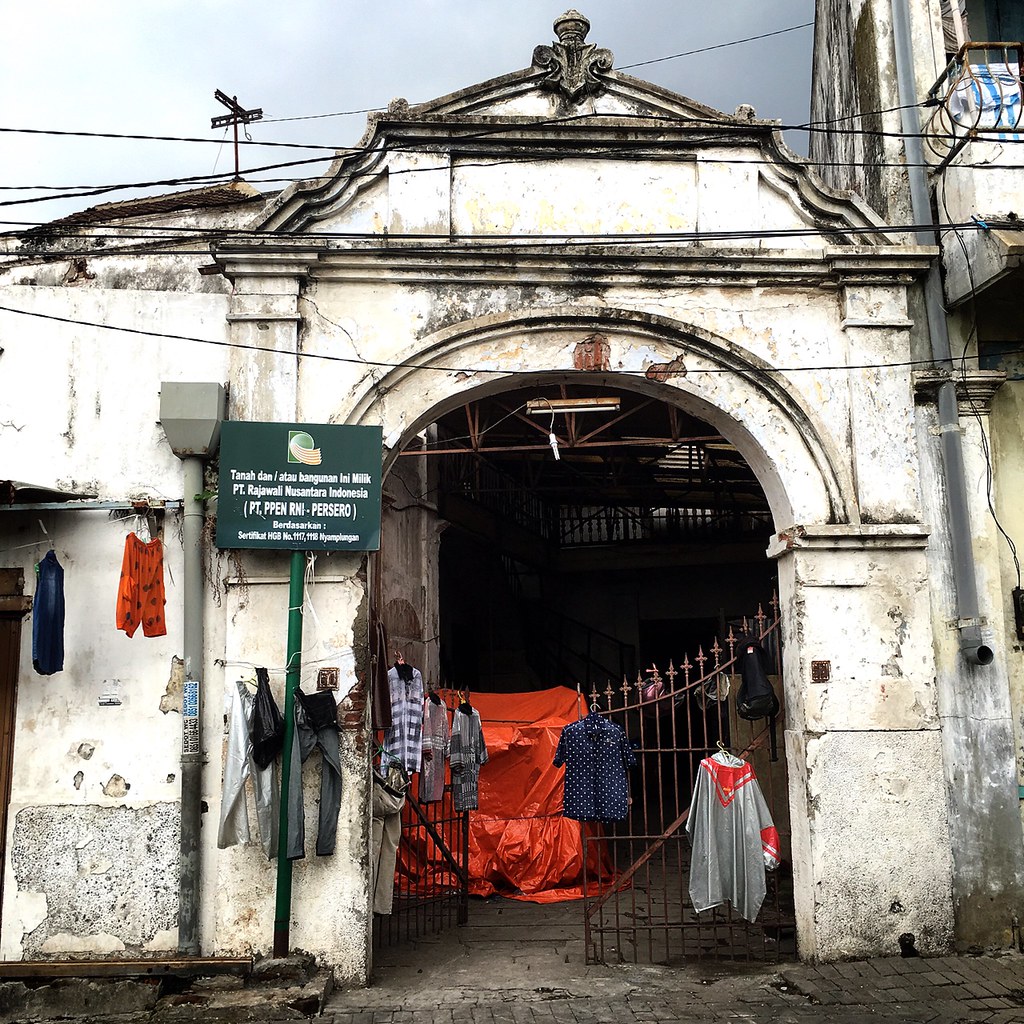
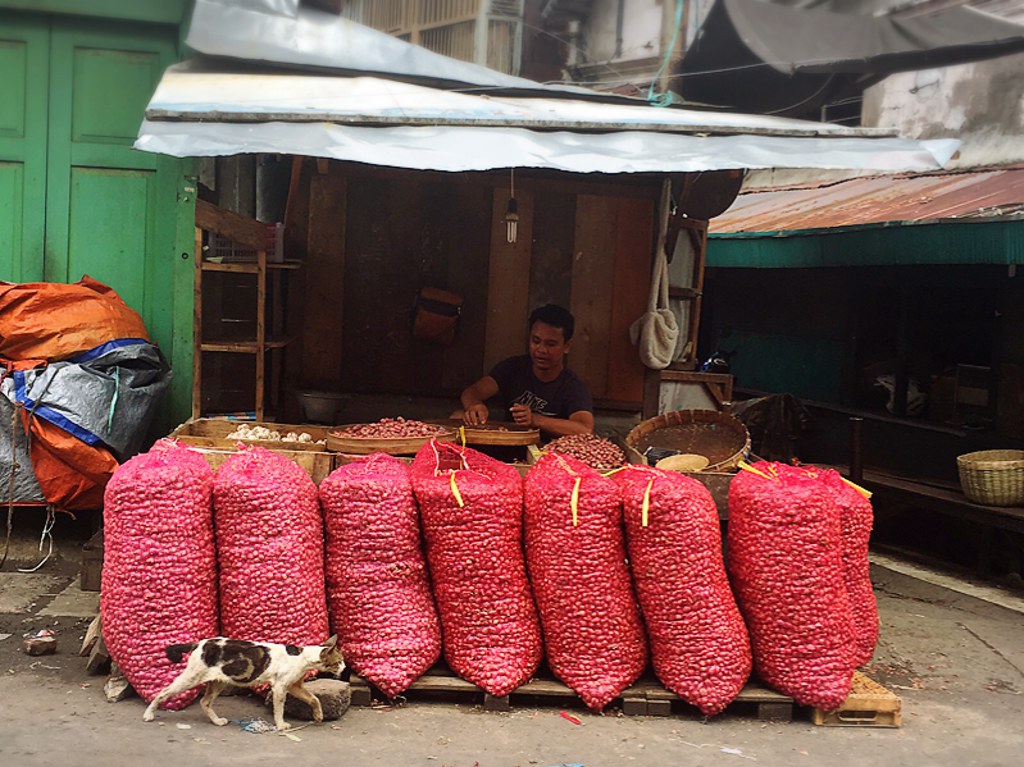
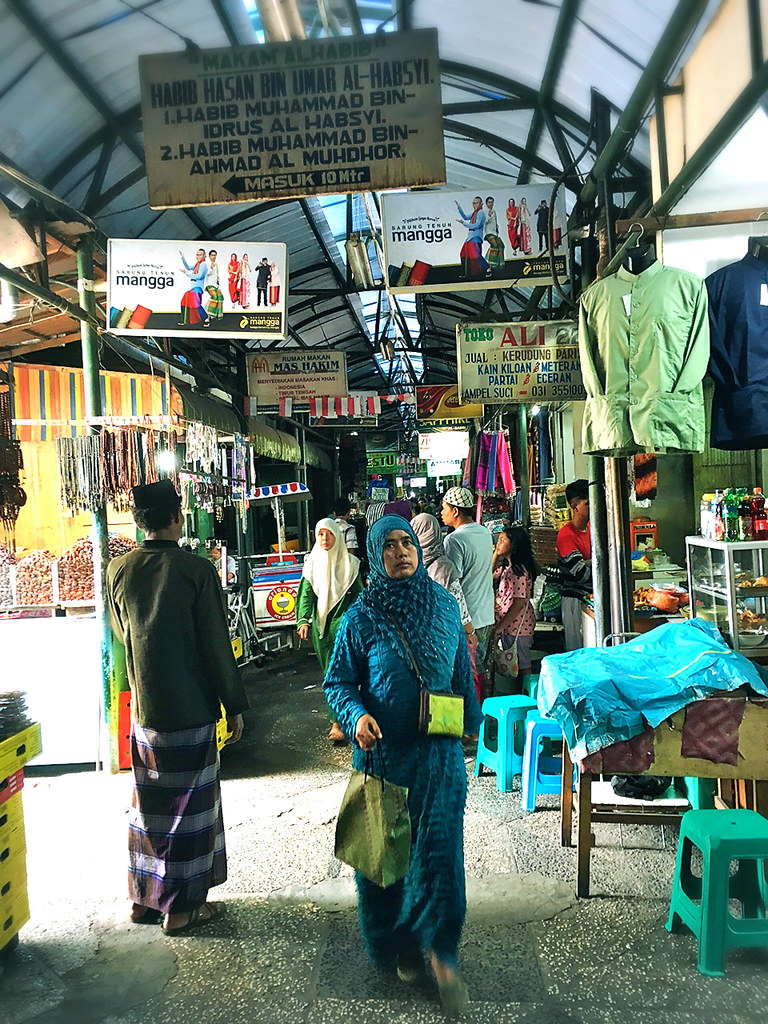

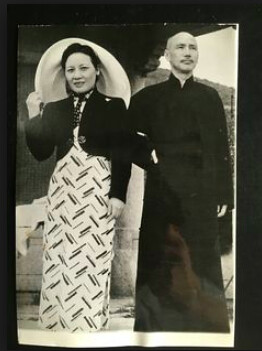
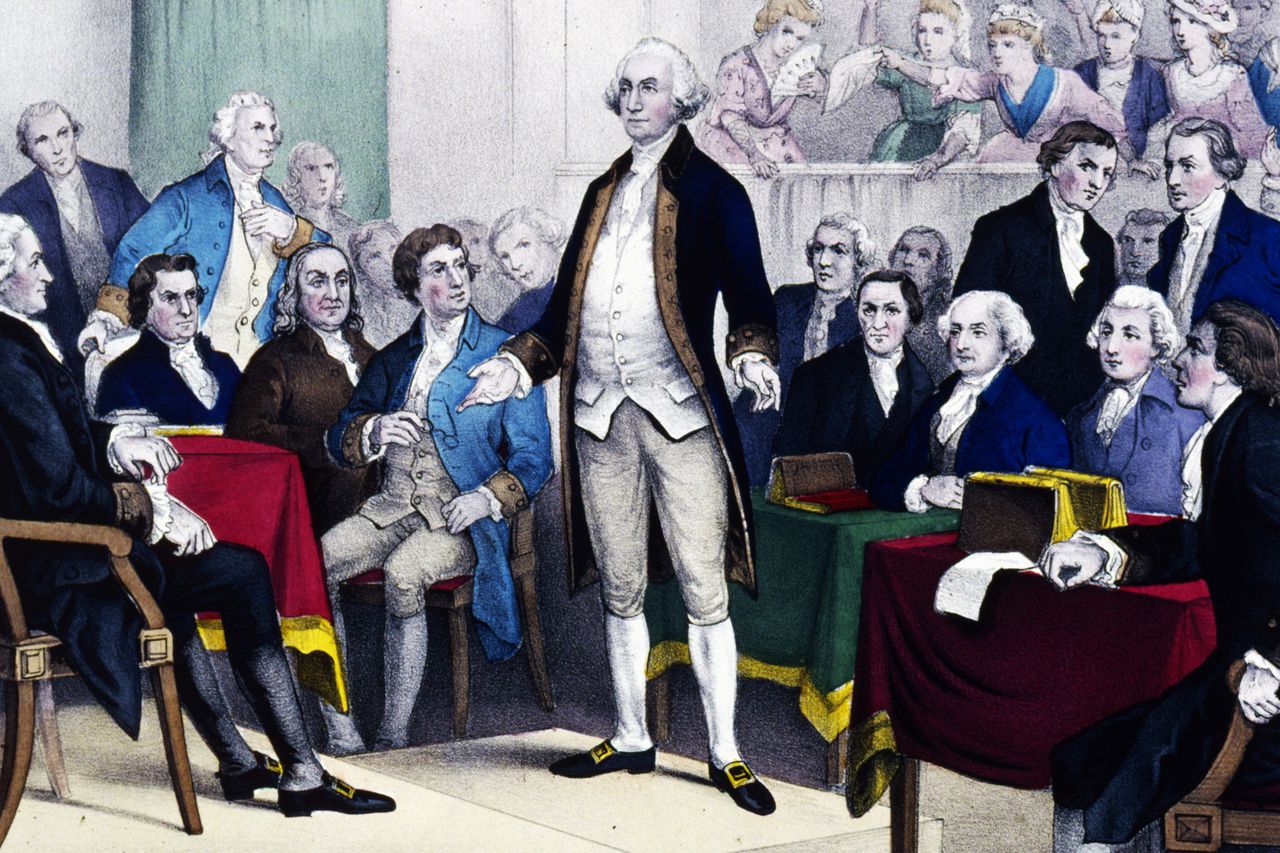

/H026_Pants01%20.jpg)